Grammar Girl Quick and Dirty Tips for Better Writing
Five-time winner of Best Education Podcast in the Podcast Awards. Grammar Girl provides short, friendly tips to improve your writing and feed your love of the English language. Whether English is your first language or your second language, these grammar, punctuation, style, and business tips will make you a better and more successful writer. Grammar Girl is a Quick and Dirty Tips podcast.
Draft for Publish on 2026-02-17
Hosted by Simplecast, an AdsWizz company. See https://pcm.adswizz.com for information about our collection and use of personal data for advertising.
Battle of the moguls. 'Awhile' versus 'a while.' Crittador.
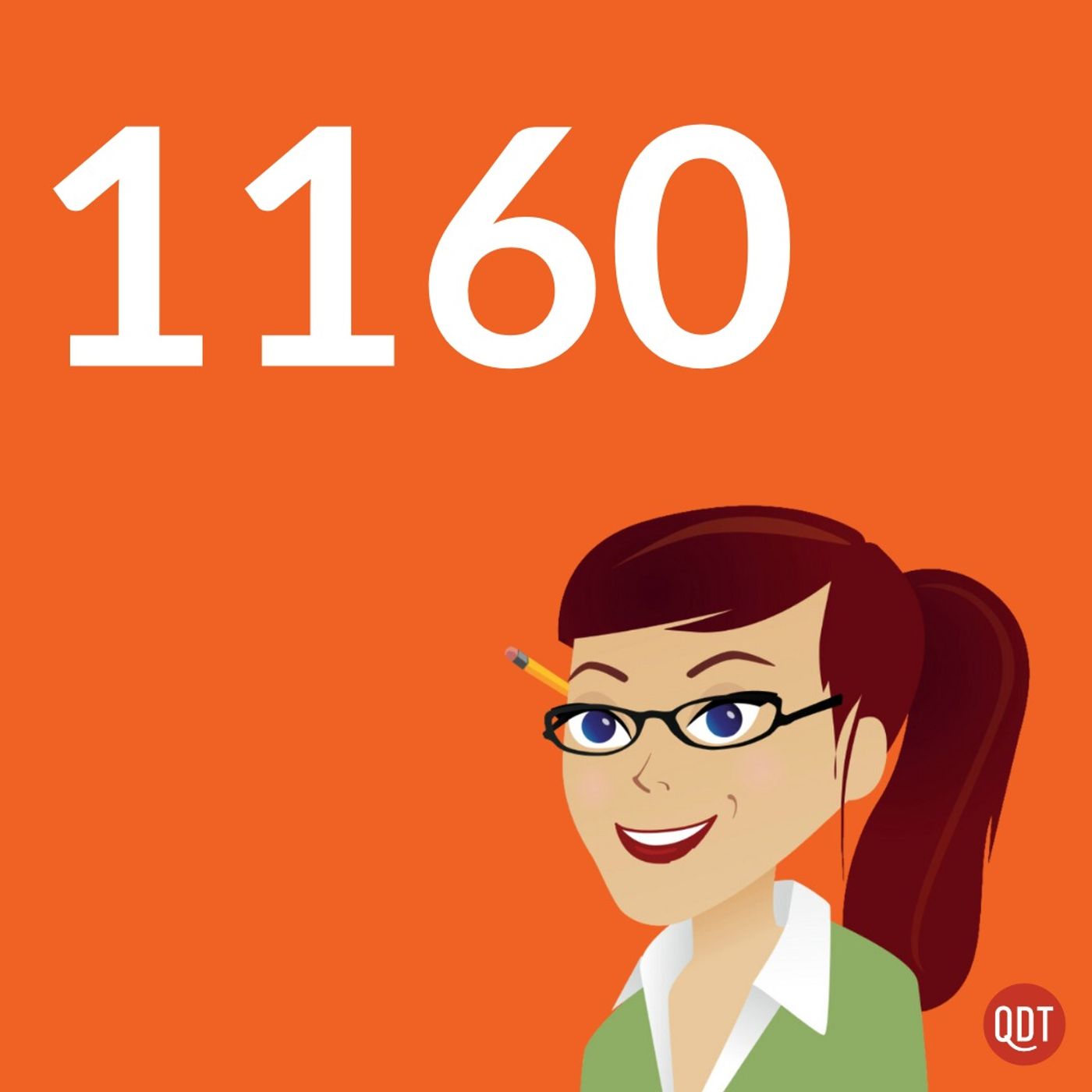
1160. This week, we look at why "mogul" means both a ski bump and a powerful person. Then, we tackle when to use "awhile" versus "a while," with a trick to help you remember.
🔗 Join the Grammar Girl Patreon.
🔗 Share your familect recording in Speakpipe or by leaving a voicemail at 833-214-GIRL (833-214-4475)
🔗 Watch my LinkedIn Learning writing courses.
🔗 Subscribe to the newsletter.
🔗 Take our advertising survey.
🔗 Get the edited transcript.
🔗 Get Grammar Girl books.
| HOST: Mignon Fogarty
| Grammar Girl is part of the Quick and Dirty Ti...
Writing for ‘civic clarity’ (plus, the power of short sentences), with Roy Peter Clark
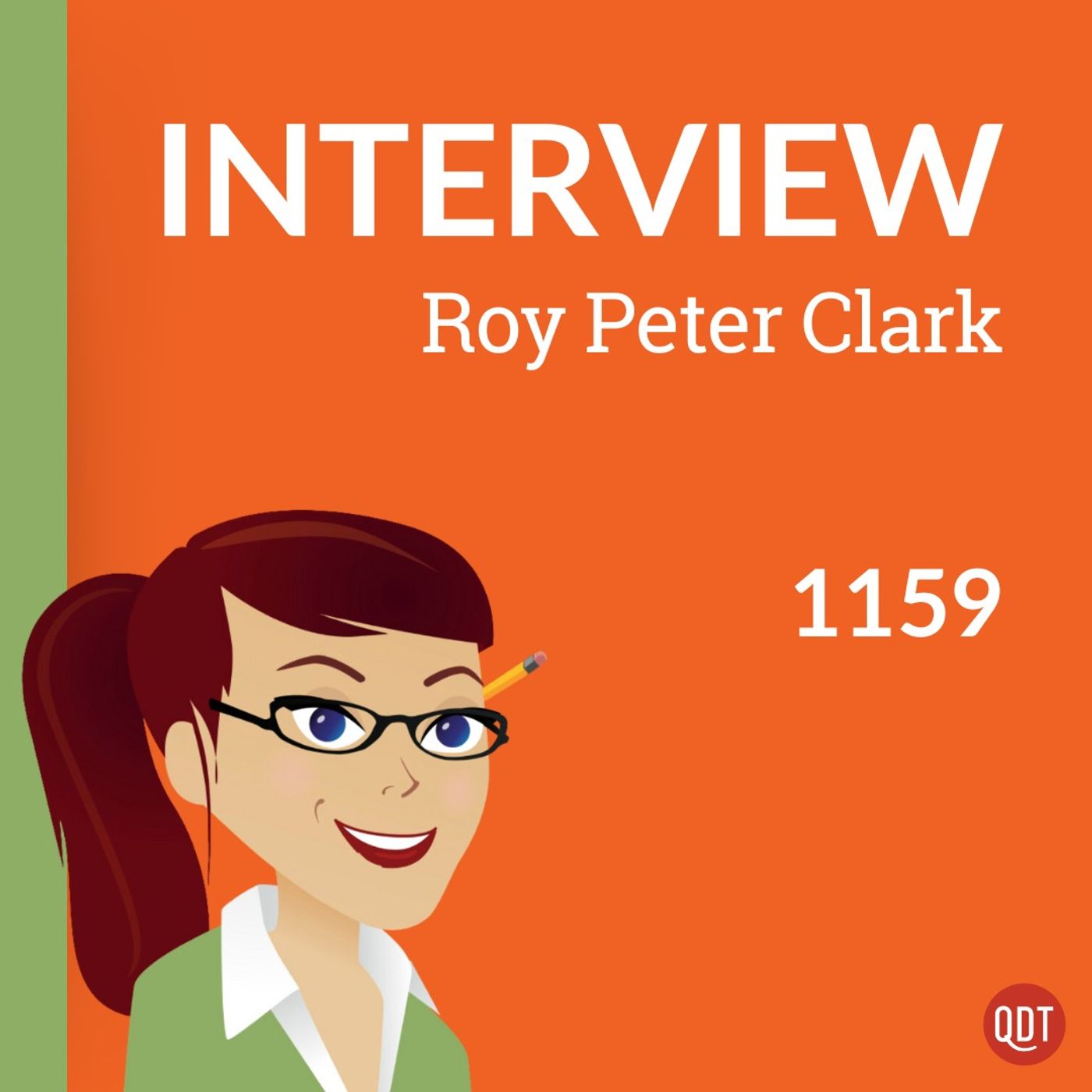
1159. This week, we look at "civic clarity" with writing instructor Roy Peter Clark in a newly edited version of our 2020 conversation. We look at the ethical code of clear communication and why "civic clarity" is more important now than ever. We also discuss the strategy of "writing short" for social media and how to navigate the difficult process of cutting a draft to find your focus.
Poynter Institute
Roy Peter Clark's Facebook
🔗 Join the Grammar Girl Patreon.
🔗 Share your familect recording in Speakpipe or by leaving a voicemail at 833-214-GIRL (833-214-4...
How bored tourists invented an Olympic sport. Centigrade or Celsius? Piqua
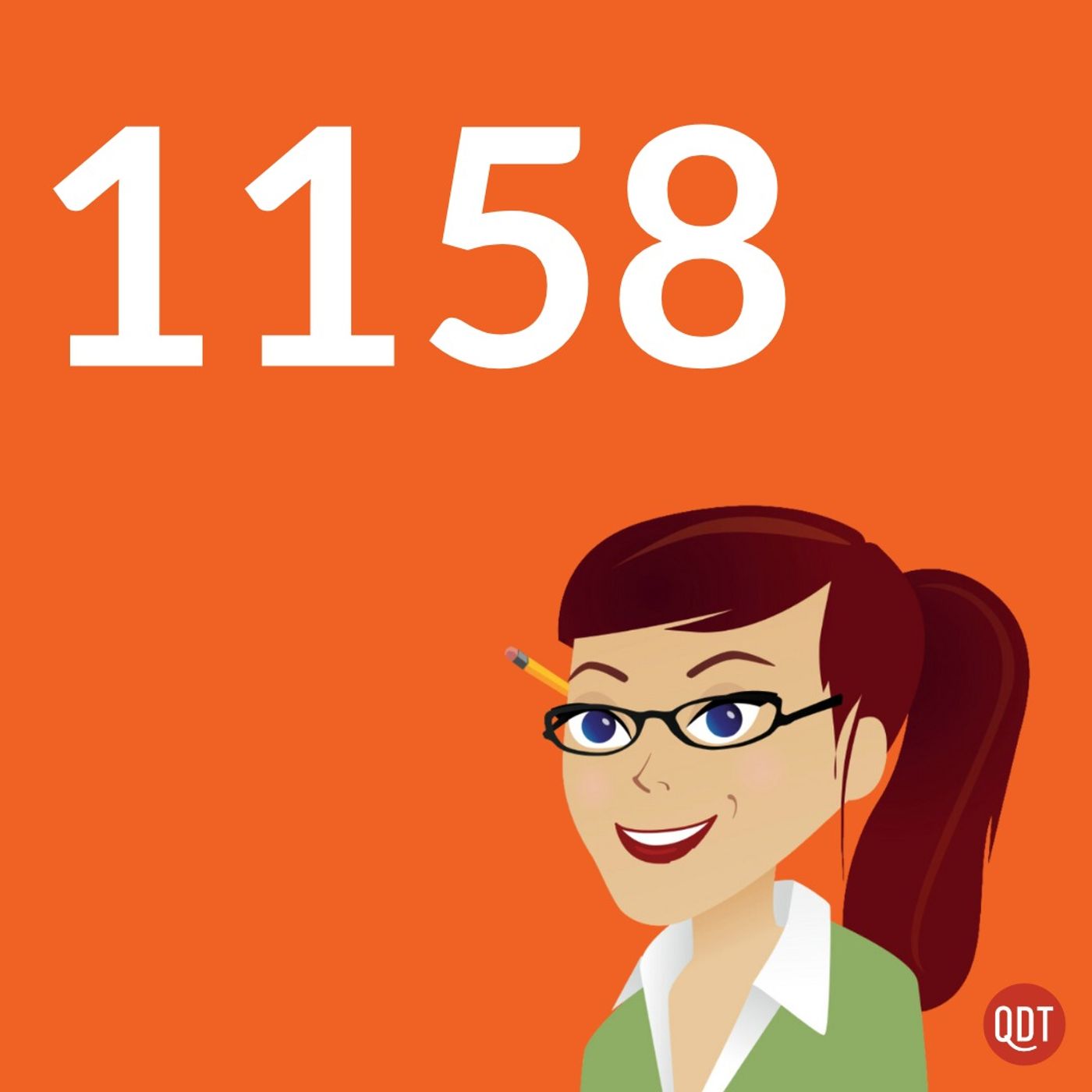
1158. This week, we go full Winter Olympics, tracing the origin of "ski," "luge," "toboggan," and more. Then, we look at why we say "Celsius" instead of "centigrade."
🔗 Join the Grammar Girl Patreon.
🔗 Share your familect recording in Speakpipe or by leaving a voicemail at 833-214-GIRL (833-214-4475)
🔗 Watch my LinkedIn Learning writing courses.
🔗 Subscribe to the newsletter.
🔗 Take our advertising survey.
🔗 Get the edited transcript.
🔗 Get Grammar Girl books.
| HOST: Mignon Fogarty
| Grammar Girl is part of the Quick and Dirty Tips podcast network.
Aud...Why AI loves em dashes, with Sean Goedecke
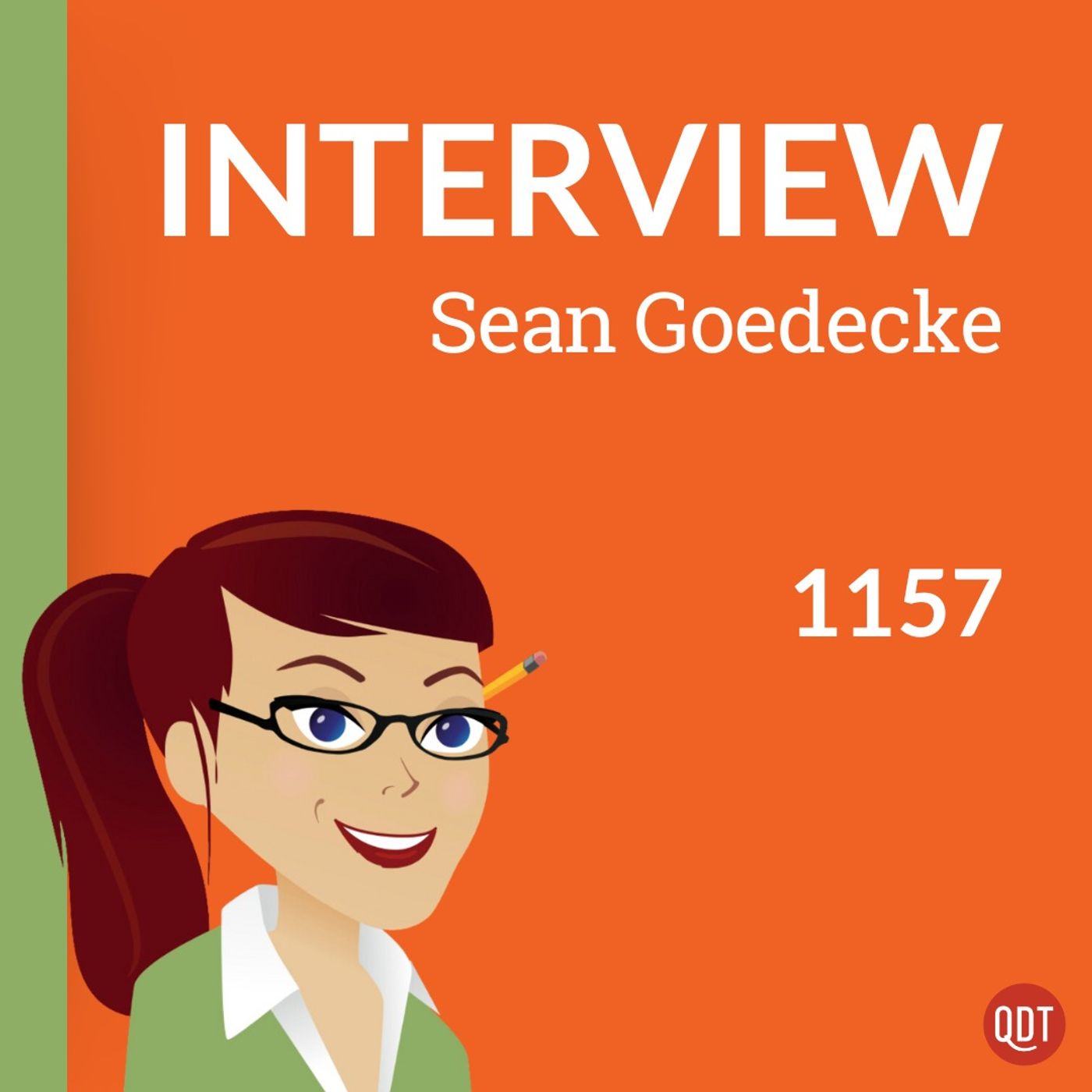
1157. This week, we look at AI em dashes with Sean Goedecke, software engineer for GitHub. We talk about why artificial intelligence models frequently use em dashes and words like "delve," and how training on public domain books from the late 1800s may have influenced these patterns. We also look at the role of human feedback in shaping "AI style."
www.SeanGoedecke.com
🔗 Join the Grammar Girl Patreon.
🔗 Share your familect recording in Speakpipe or by leaving a voicemail at 833-214-GIRL (833-214-4475)
🔗 Watch my LinkedIn Learning writing courses.
🔗 Subscribe to th...
Why 'forte' has three pronunciations. What is 'playing the dozens'? Ornish
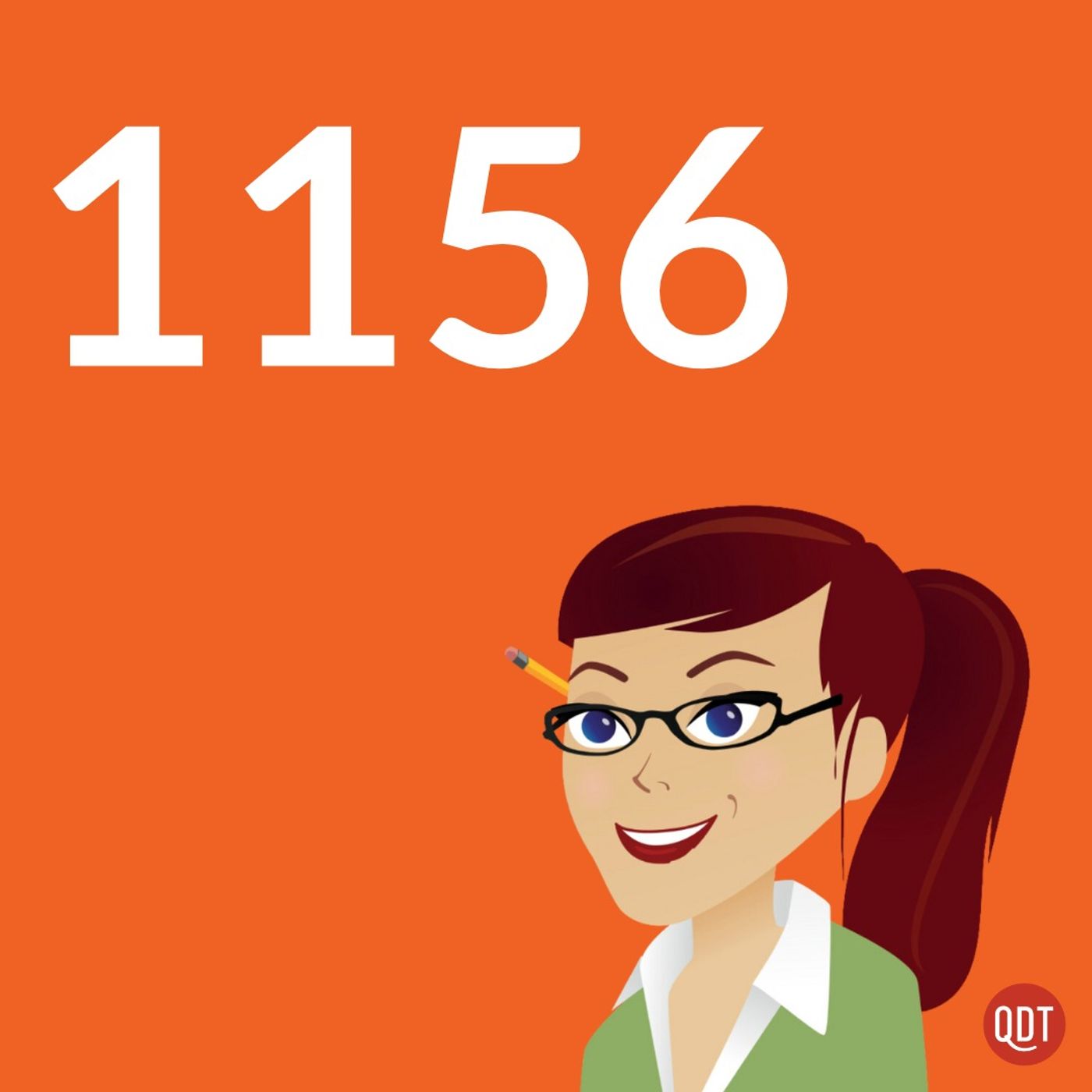
1156. This week, we look at the pronunciation chaos surrounding "forte" and "pianoforte," from the French fencing term meaning "strong point" to the Italian musical direction meaning "loud." Then, we look at "playing the dozens" — the African American insult game with a mysterious origin.
🔗 Join the Grammar Girl Patreon.
🔗 Share your familect recording in Speakpipe or by leaving a voicemail at 833-214-GIRL (833-214-4475)
🔗 Watch my LinkedIn Learning writing courses.
🔗 Subscribe to the newsletter.
🔗 Take our advertising survey.
🔗 Get the edited transcript.
🔗 Get Grammar Girl books.
| HOST: Mignon Fogar...
How can there be hundreds of words for snow? with Dr. Charles Kemp
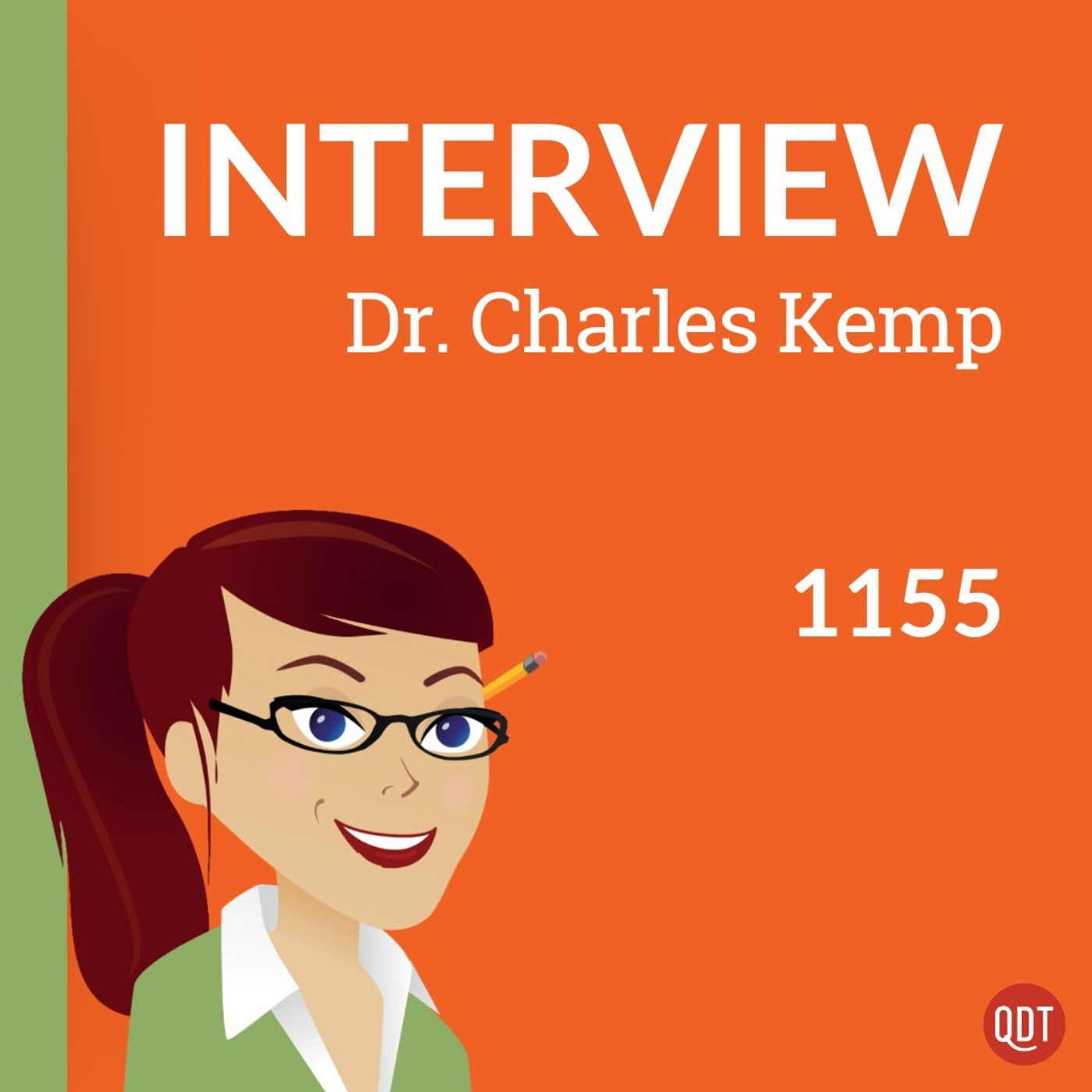
1155. This week, we look at whether it’s actually true that Inuit languages have hundreds of words for snow with Dr. Charles Kemp. We look at how researchers used a database of 18 million volumes to find out how our environment shapes our vocabulary using the Nida-Conklin principle. We also look at a surprising finding about words for rain being abundant in non-rainy regions.
CharlesKemp.com
🔗 Join the Grammar Girl Patreon.
🔗 Share your familect recording in Speakpipe or by leaving a voicemail at 833-214-GIRL (833-214-4475)
🔗 Watch my LinkedIn Learning writing courses.
<...Scarecrows and other 'cutthroat' compounds. Reading versus listening. Squirrel Hill Tunnel.
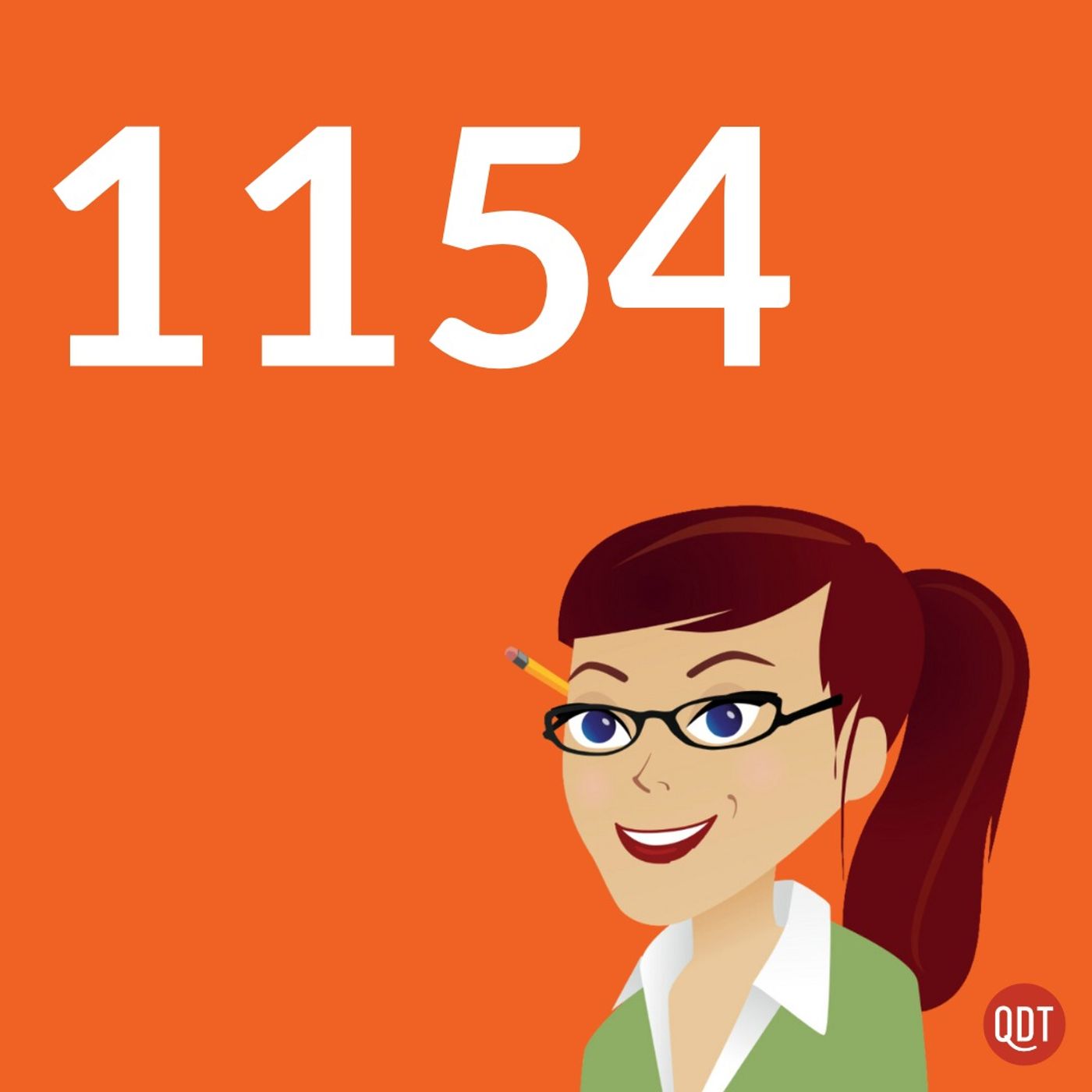
1154. This week, we look at "headless" nouns like "scarecrow," "pickpocket," and "breakfast." We look at why these "cutthroat compounds" break the normal rules of English grammar. Then, we look at the science of reading versus listening, including how our brains process text differently from audio and why multitasking can affect your comprehension.
🔗 Join the Grammar Girl Patreon.
🔗 Share your familect recording in Speakpipe or by leaving a voicemail at 833-214-GIRL (833-214-4475)
🔗 Watch my LinkedIn Learning writing courses.
🔗 Subscribe to the newsletter.
🔗 Take our advertising survey.
🔗 Get the edited transcript...
Scrabble strategy and tournament culture, with John Chew

1153. This week, we look at the high-stakes world of Scrabble tournaments with John Chew, head of the North American Scrabble Players Association. We look at the strict etiquette of the tile bag, why professional players count tiles, and how the official word list is managed for competitive play.
NASPA website
🔗 Join the Grammar Girl Patreon.
🔗 Share your familect recording in Speakpipe or by leaving a voicemail at 833-214-GIRL (833-214-4475)
🔗 Watch my LinkedIn Learning writing courses.
🔗 Subscribe to the newsletter.
🔗 Take our advertising survey.
🔗 Get the edited transcript...
What is a baker’s dozen? Making O-words plural. Wrong pew.
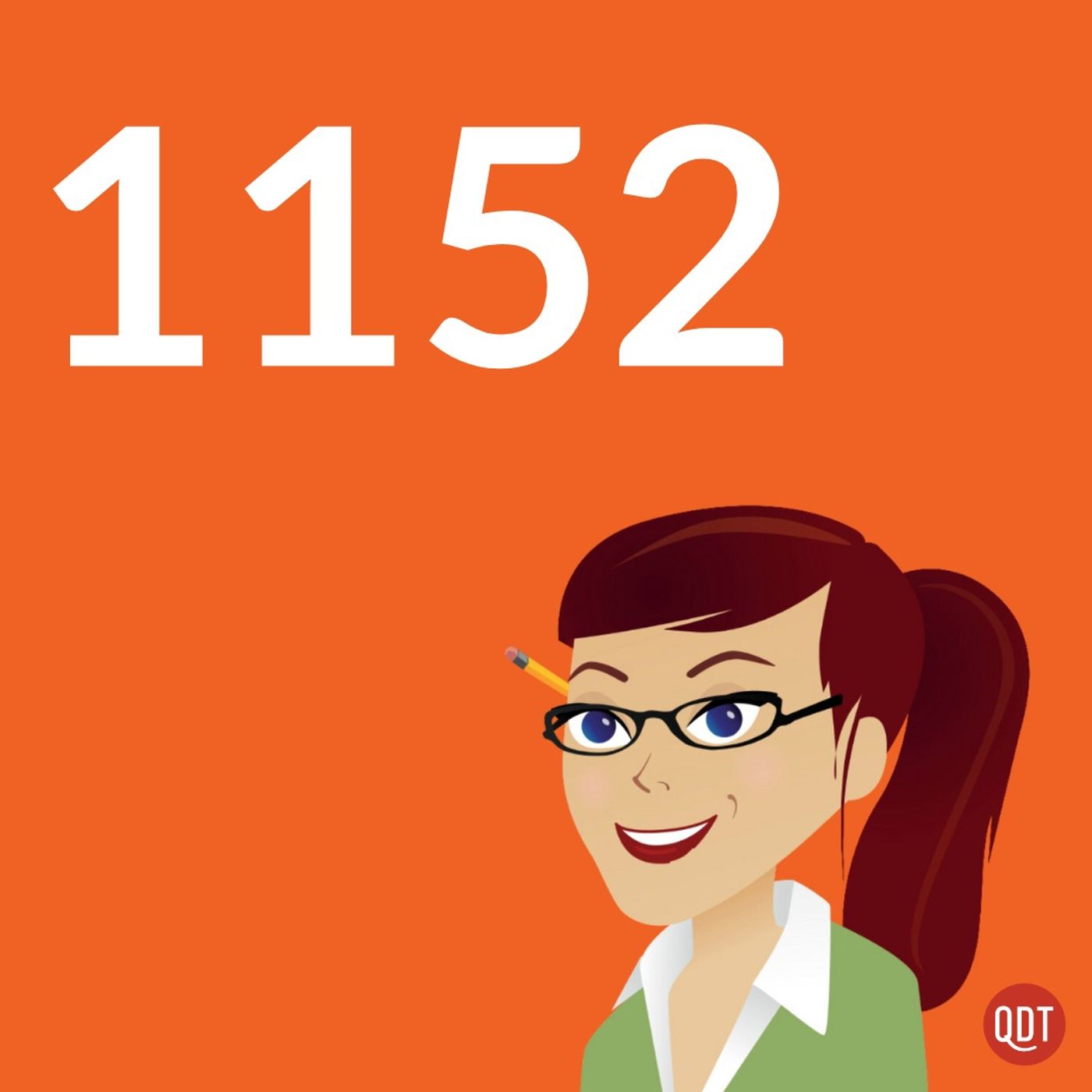
1152. This week, we look at what a baker's dozen is and why it's actually 13. We also look at other "dozen" phrases, like "devil's dozen" and "banker's dozen." Finally, we tackle the inconsistency of making words that end in O plural, from "tomatoes" to "rodeos."
🔗 Share your familect recording in Speakpipe or by leaving a voicemail at 833-214-GIRL (833-214-4475)
🔗 Join Grammarpalooza at Patreon.
🔗 Watch my LinkedIn Learning writing courses.
🔗 Subscribe to the newsletter.
🔗 Take our advertising survey.
🔗 Get the edited transcript.
🔗 Get Grammar Girl books.
| HOST: Mignon Foga...
Building the Online Etymology Dictionary, with Doug Harper
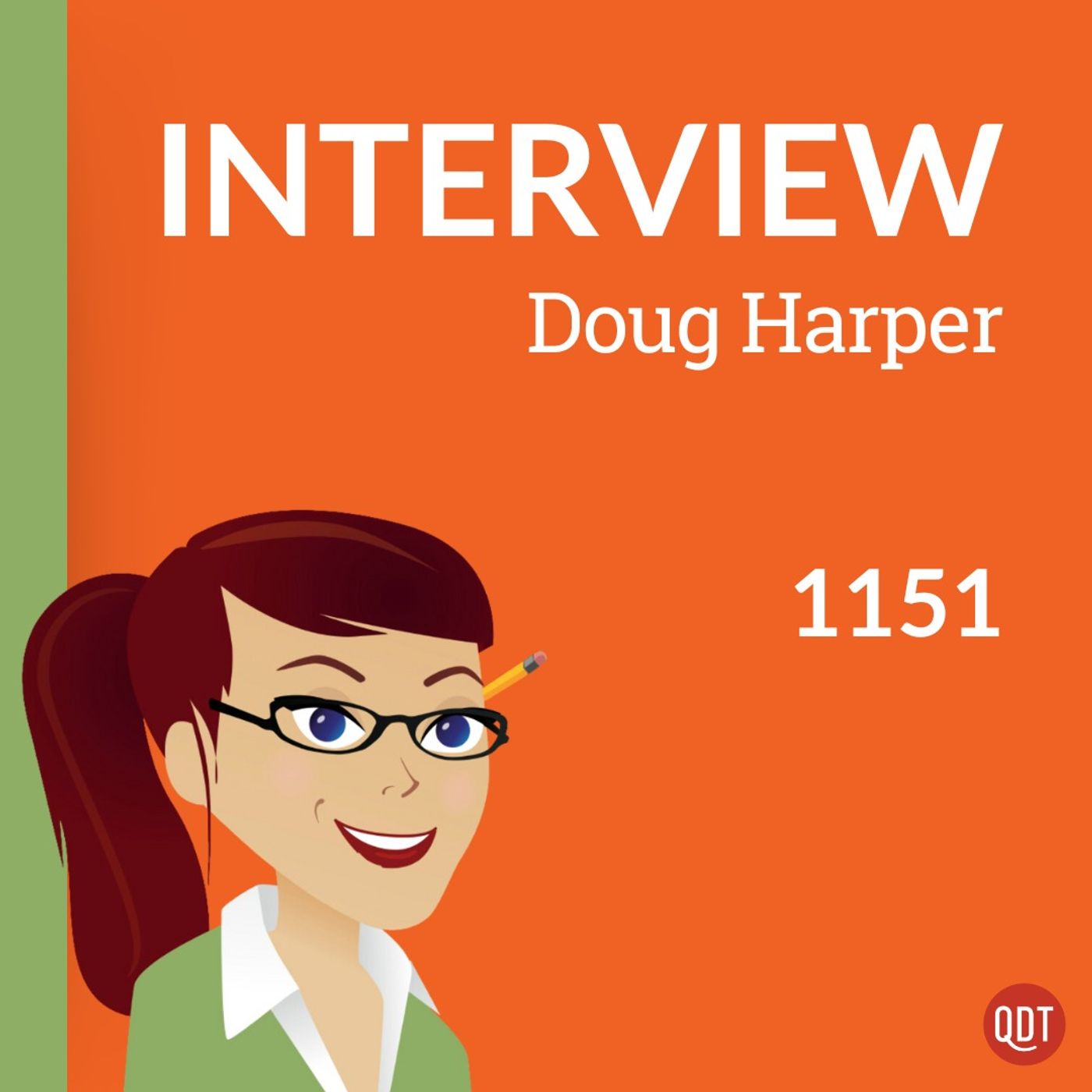
1151. This week, we look at the deep history of words with Doug Harper, creator of Etymonline. We look at the "gravitational" link between digging a grave and having a grave problem, the surprising 1839 origin of "OK," and why some of our favorite word stories are actually "folk etymologies" designed as jokes.
Etymonline.com
Visit our YouTube channel to see the video version of this episode.
🔗 Share your familect recording in Speakpipe or by leaving a voicemail at 833-214-GIRL (833-214-4475)
🔗 Watch my LinkedIn Learning writing courses.
🔗 Subscribe to the newslette...
Using ‘impact’ as a verb. ‘Sympathy’ versus ‘empathy.’ Big help, Irving.
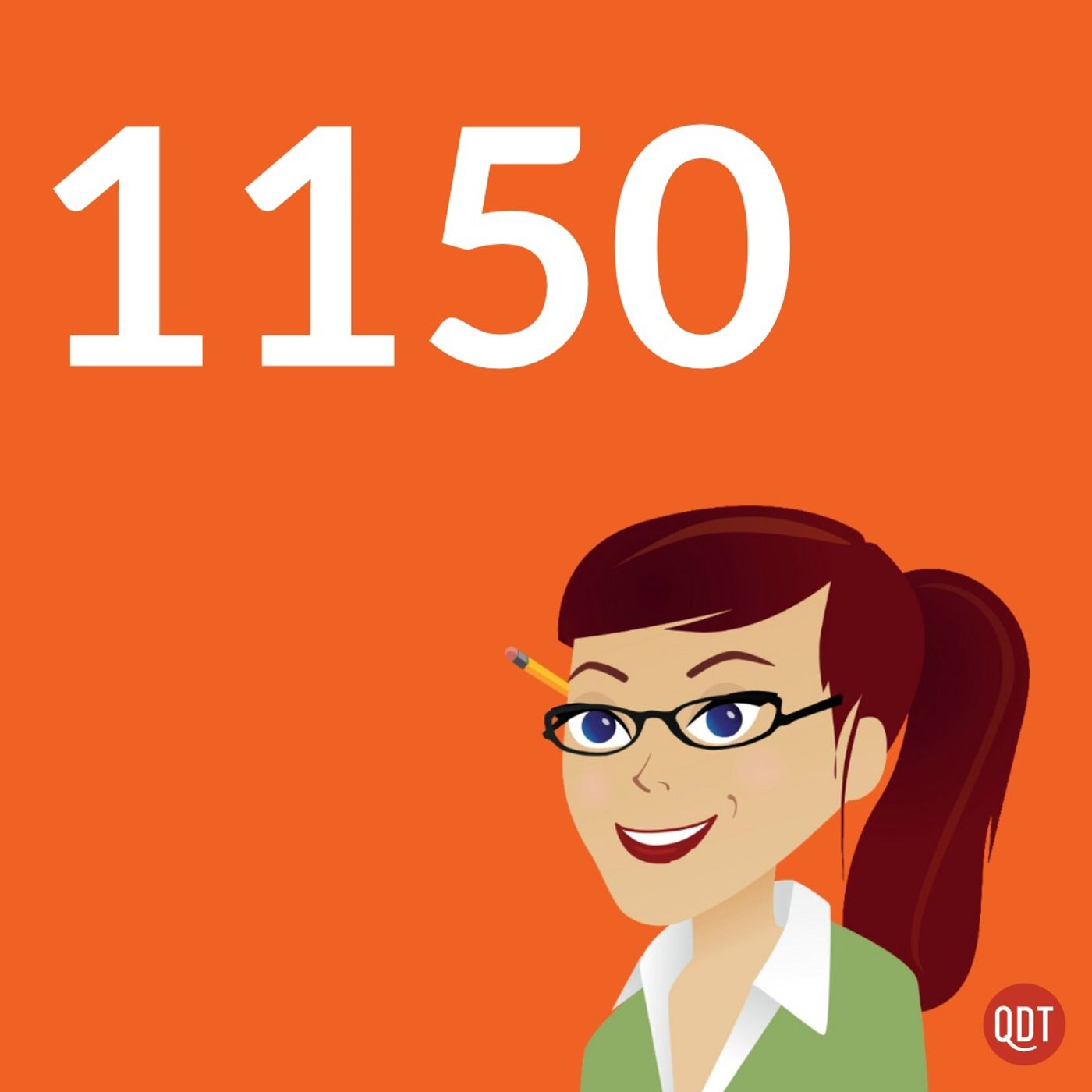
1150. This week, we look at "impact" as a verb and why it's a pet peeve for so many editors and readers. Then, we look at the linguistic shift between sympathy and empathy, exploring how "sympathy" began to sound patronizing and how "empathy" expanded to fill the gap.
Links to Get One Month Free of the Grammar Girl Patreon (different links for different levels)
Order of the Snail ($1/month level): https://www.patreon.com/grammargirl/redeem/687E4Order of the Aardvark ($5/month level): https://www.patreon.com/grammargirl/redeem/07205Keeper of the Commas ($10/month level): https://www.pat...Rare books, burned letters, and Johnson’s dictionary, with John Overholt
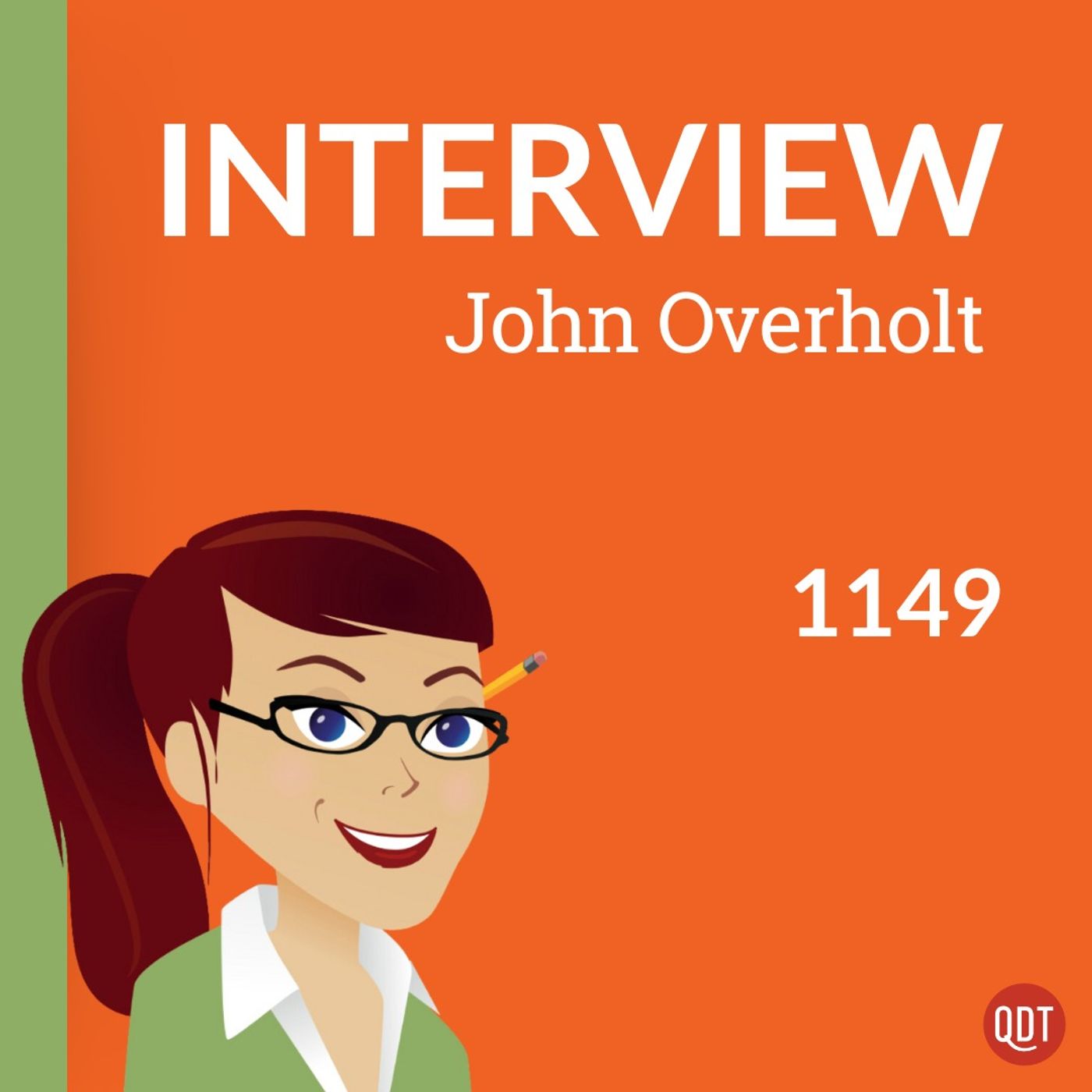
1149. This week, we look at the life and legacy of Samuel Johnson, the man behind the 1755 Dictionary of the English Language. We talk with John Overholt, curator at Harvard’s Houghton Library, about Johnson's eclectic career. We also look at what it’s like to manage a collection of 4,000 rare books and why even the most "unremarkable" items deserve a home in a library.
Find John Overholt on Mastodon.
Houghton Library's website
Links to Get One Month Free of the Grammar Girl Patreon (different links for different levels)
Order of the Snail ($1/mont...Penny idioms that are still legal tender. The linguistic history of procrastination. Tanner tour.
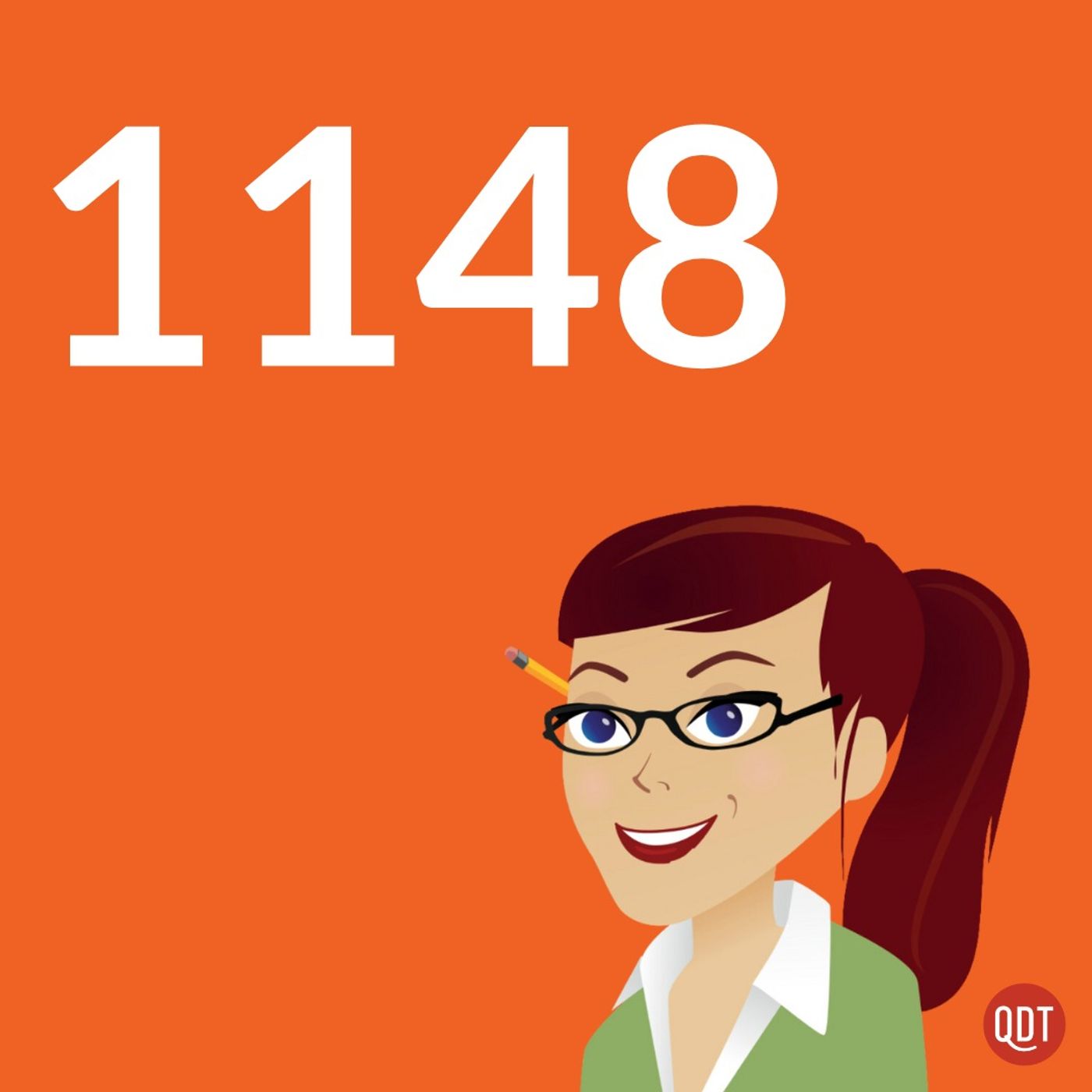
1148. This week, we look at penny idioms that are still "legal tender" in our language even as the U.S. penny is retired. We look at the history of phrases like "a bad penny" and "penny wise and pound foolish." Then, we look at the linguistic history of procrastination, explaining how human nature changed words like "soon," "anon," and "presently" from meaning "at once" to "in a little while."
The penny segment was written by Karen Lunde, a longtime writer and editor turned web designer and marketing mentor. Solo service business owners come to her for websites...
The Goth letters: why the alphabet goes off the rails after T, with Danny Bate
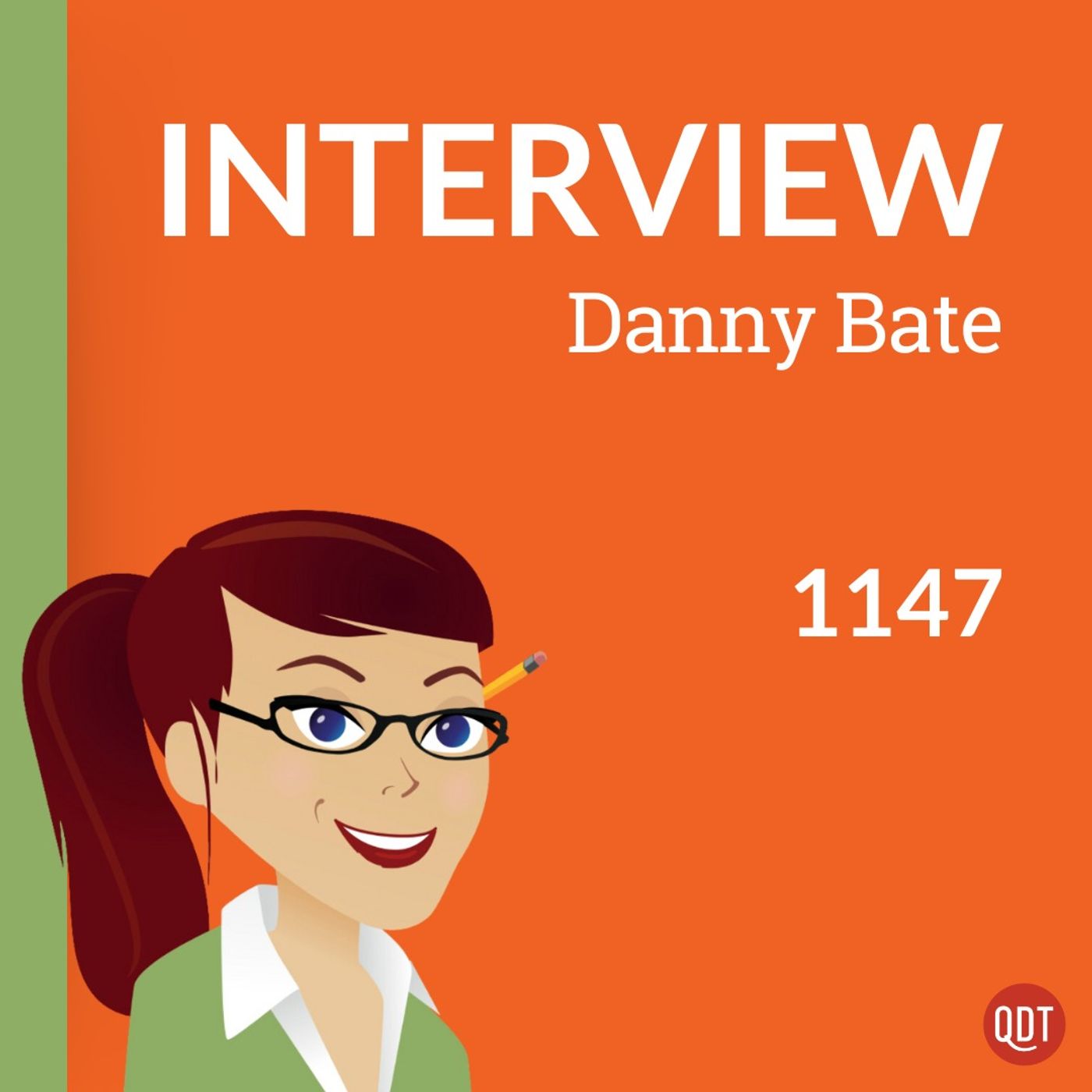
1147. In this bonus segment that originally ran in October, we look at the fascinating history of the "new letters" of the alphabet — V, W, X, Y, and Z. Danny Bate explains why T was the original end of the alphabet and how letters were added by the Greeks and Romans. We also look at the origin of the letter Y, which was originally a vowel, and the two historical reasons we call the final letter “zee” or “zed.”
Find Danny Bate on his website, Bluesky or on X.
Get the book, "Why Q Needs U."
Listen...
War of the dots. Why we say 'pitch black.' Pitch hot.
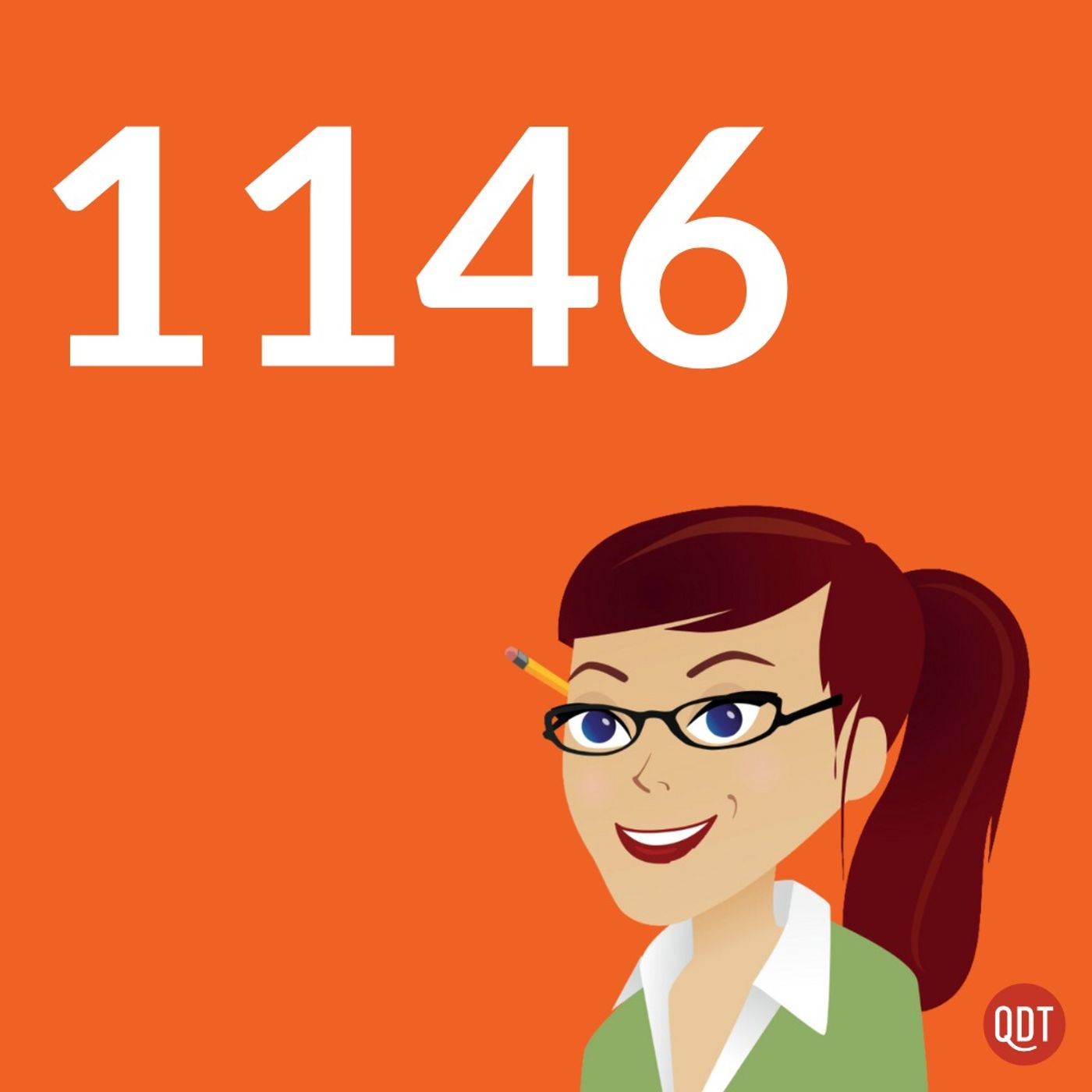
1146. This week, we look at the history of Braille, from the tragic accident that inspired Louis Braille's six-dot system to the "War of the Dots"—a decades-long conflict over competing reading standards in the U.S. Then, we look at the origin of the phrase "pitch black," revealing how the intensifier "pitch" refers to an ancient, dark wood tar and how the word traces its roots back to Old English.
The braille segment was written by Karen Lunde, a longtime writer and editor turned web designer and marketing mentor. Solo service business owners come to her for we...
How a long-lost yearbook revealed the origin of 'hella,' with Ben Zimmer
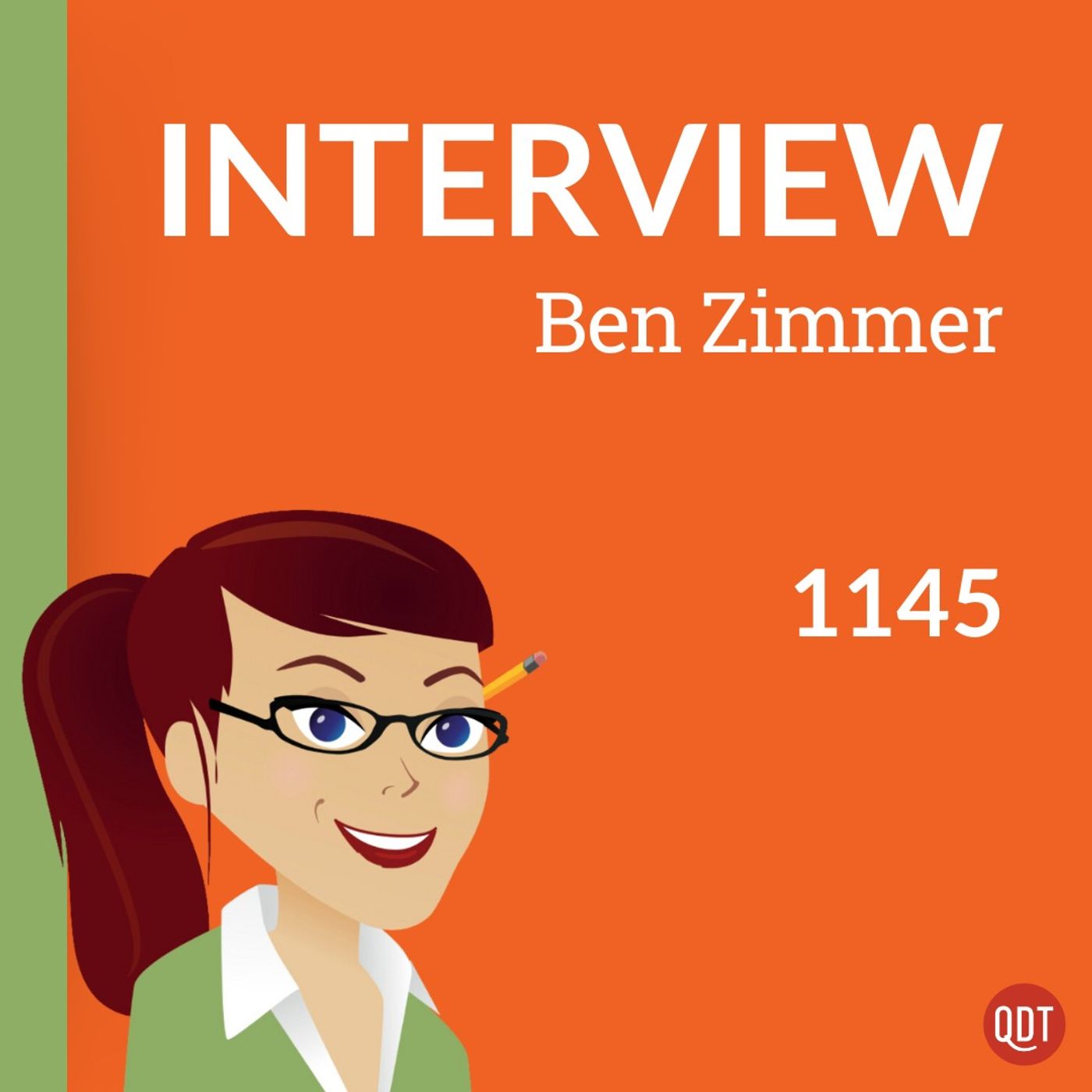
1145. In this bonus segment from October, I talk with Ben Zimmer about "hella" and how even yearbook messages can be digitized to help preserve the language record. Ben shares the full story of this slang term, and we also talk about the detective work that led to the OED using Run DMC's use of "drop" in “Spin Magazine” as a citation.
Ben Zimmer's website: Benzimmer.com
Ben Zimmer's social media: Bluesky. Facebook.
Links to Get One Month Free of the Grammar Girl Patreon (different links for different levels)
Order of the Snail ($1/month...The origin of X in algebra. Why we say ‘how come’ for ‘why.’ Water handles.

1144. This week, we look at the origin of the letter X as the variable for the unknown in algebra. Then, we look at the phrase "how come," explaining why it's more informal than "why" and how its grammar subtly differs from other question words.
That X segment was written by Peter Schumer, Professor of Mathematics and Natural Philosophy at Middlebury College, and it originally appeared on The Conversation and appears here through a Creative Commons license.
Links to Get One Month Free of the Grammar Girl Patreon (different links for different levels)
Order of...2025 Words of the Year, with Jess Zafarris and Danny Hieber
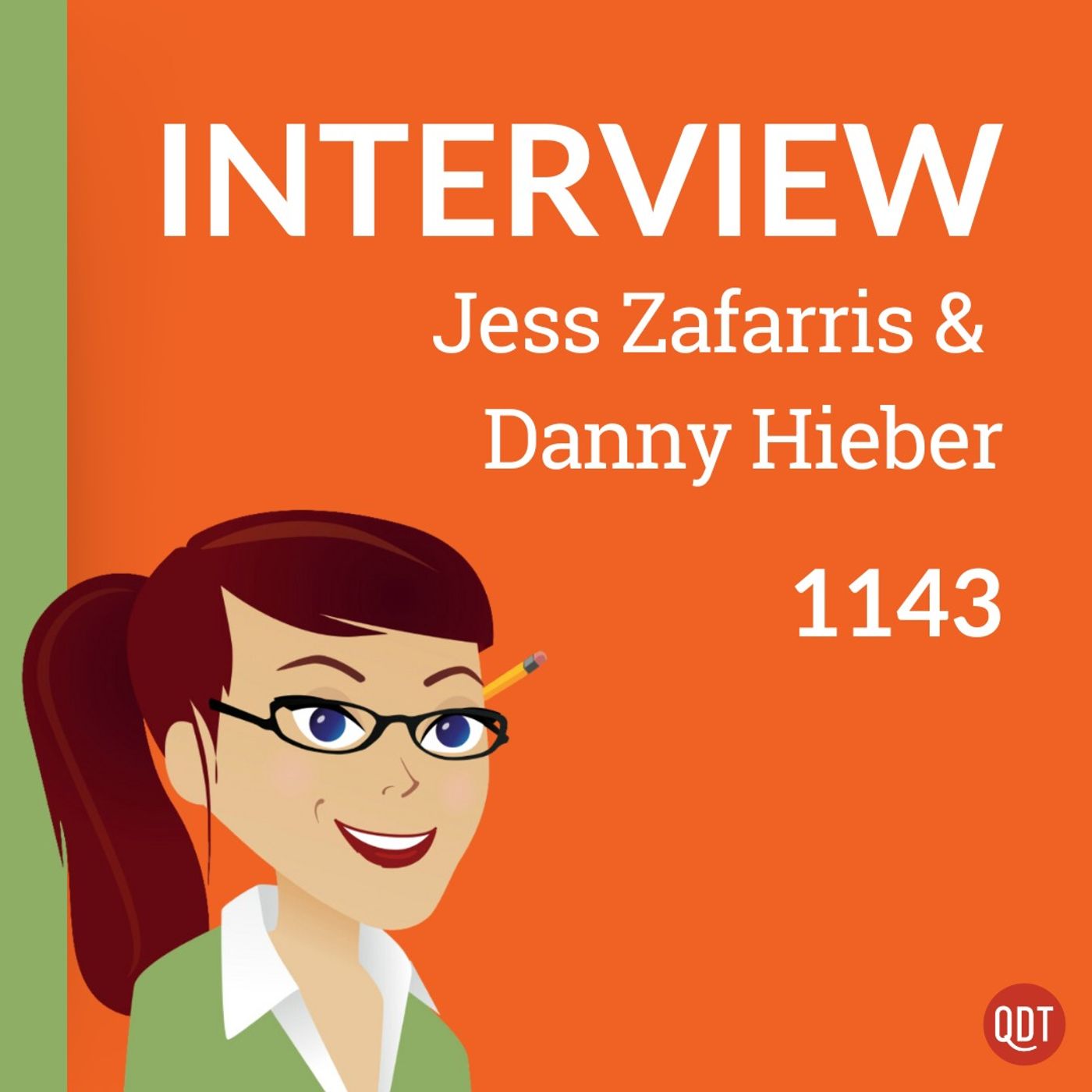
1143. This week, we look at the 2025 words of the year with Jess Zafarris and Danny Hieber. We look at viral slang like "six seven" and cultural terms like "rage bait" and "fatigued." We also look at the dramatic rise of "slop" to describe low-quality AI content and how words like "parasocial" are changing function.
Find Jess Zafarris at UselessEtymology.com, or find her podcast Words Unravelled on YouTube.
Find Danny Hieber at LingusiticDiscovery.com or on his Substack.
Links to Get One Month Free of the Grammar Girl Patreon (different links for different...
'Pride and prejudice' before Jane Austen. Was Parson Brown a real person? Happy Panda.
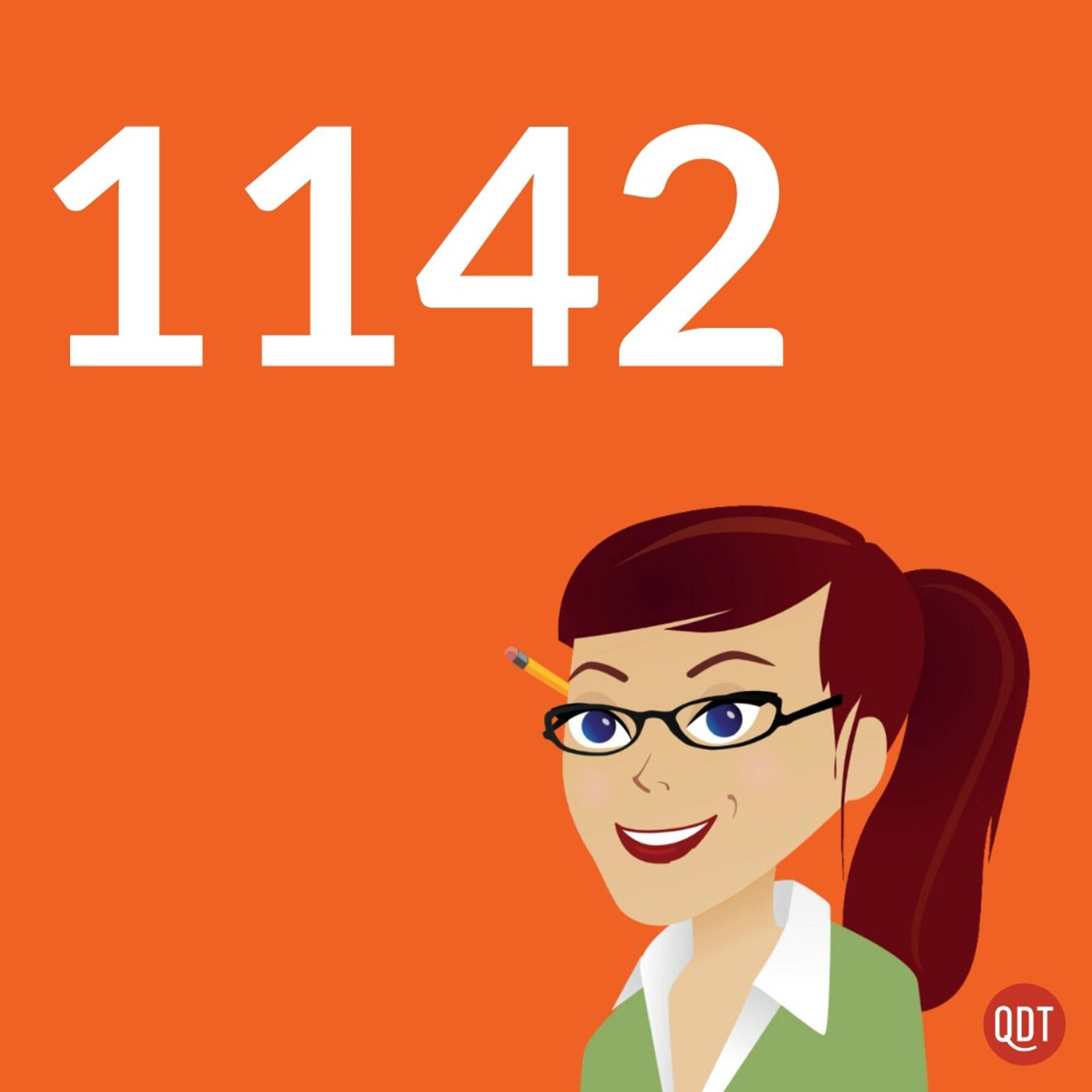
1142. This week, we look at the history of the phrase "pride and prejudice," which was used frequently before Jane Austen’s 1813 novel. Then, we look at whether Parson Brown from “Winter Wonderland” was a real person, and why his name is sometimes replaced with a “circus clown.”
Links to Get One Month Free of the Grammar Girl Patreon (different links for different levels)
Order of the Snail ($1/month level): https://www.patreon.com/grammargirl/redeem/687E4Order of the Aardvark ($5/month level): https://www.patreon.com/grammargirl/redeem/07205Keeper of the Commas ($10/month level): https://www.patreon.com/gr...The 'sheeple' incident, with Stefan Fatsis
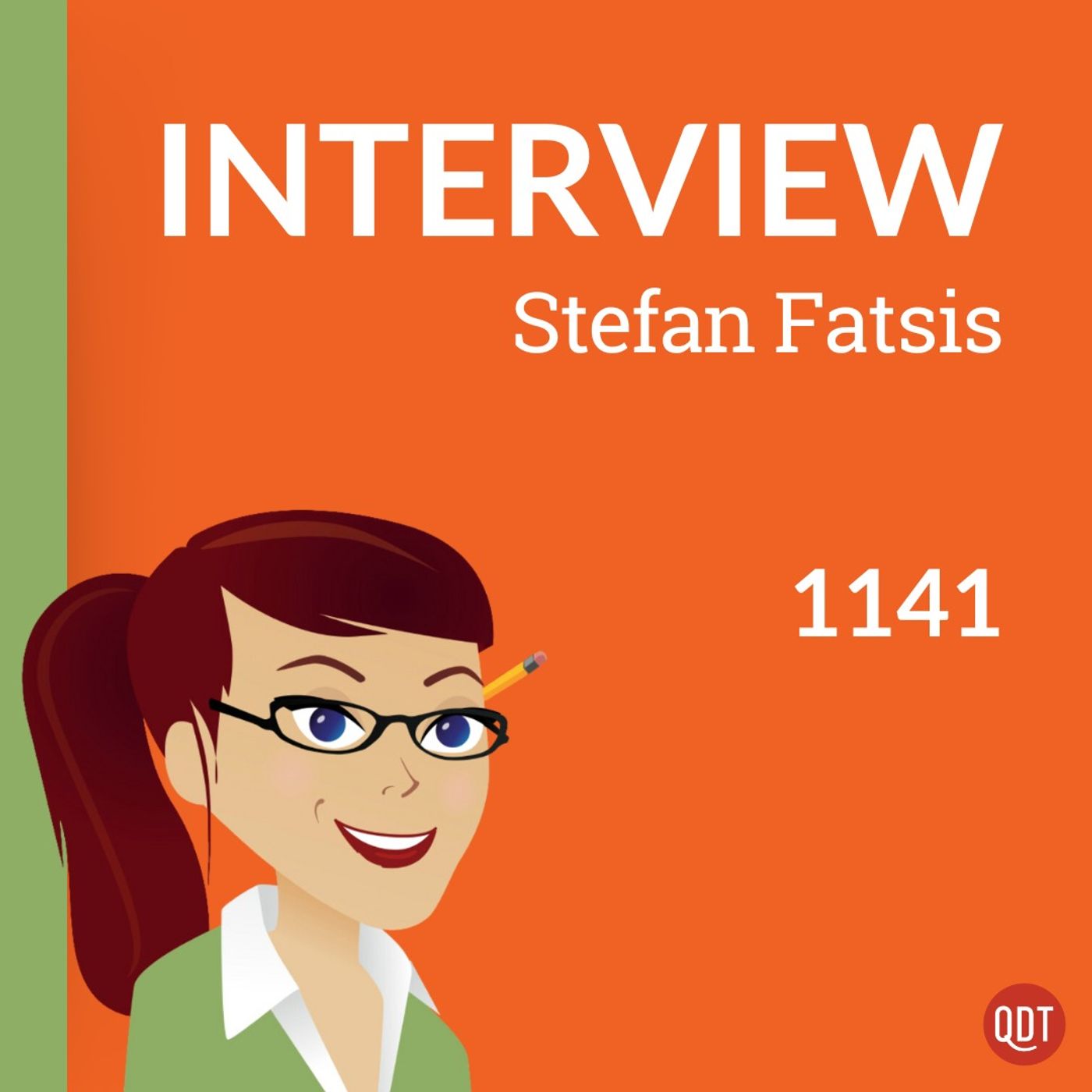
1141. We look at the controversy that caught Stefan Fatsis by surprise when he defined the word "sheeple" for Merriam-Webster, leading to public complaints. We also look at the origin and purpose of the obscure "Backward Index" invented by Webster's Third editor Philip Gove and how quickly Merriam added COVID-related words to the dictionary.
Find Stefan Fatsis on his website, Bluesky or Facebook.
Get the book, Unabridged.
🔗 Share your familect recording via Speakpipe or by calling 833-214-4475
🔗 Watch my LinkedIn Learning writing courses.
🔗 Subscribe to the newsletter.
🔗 Take our advertisin...
The rise of the 'hamster wheel.' The many names of Santa Claus. Unattractive turtles.
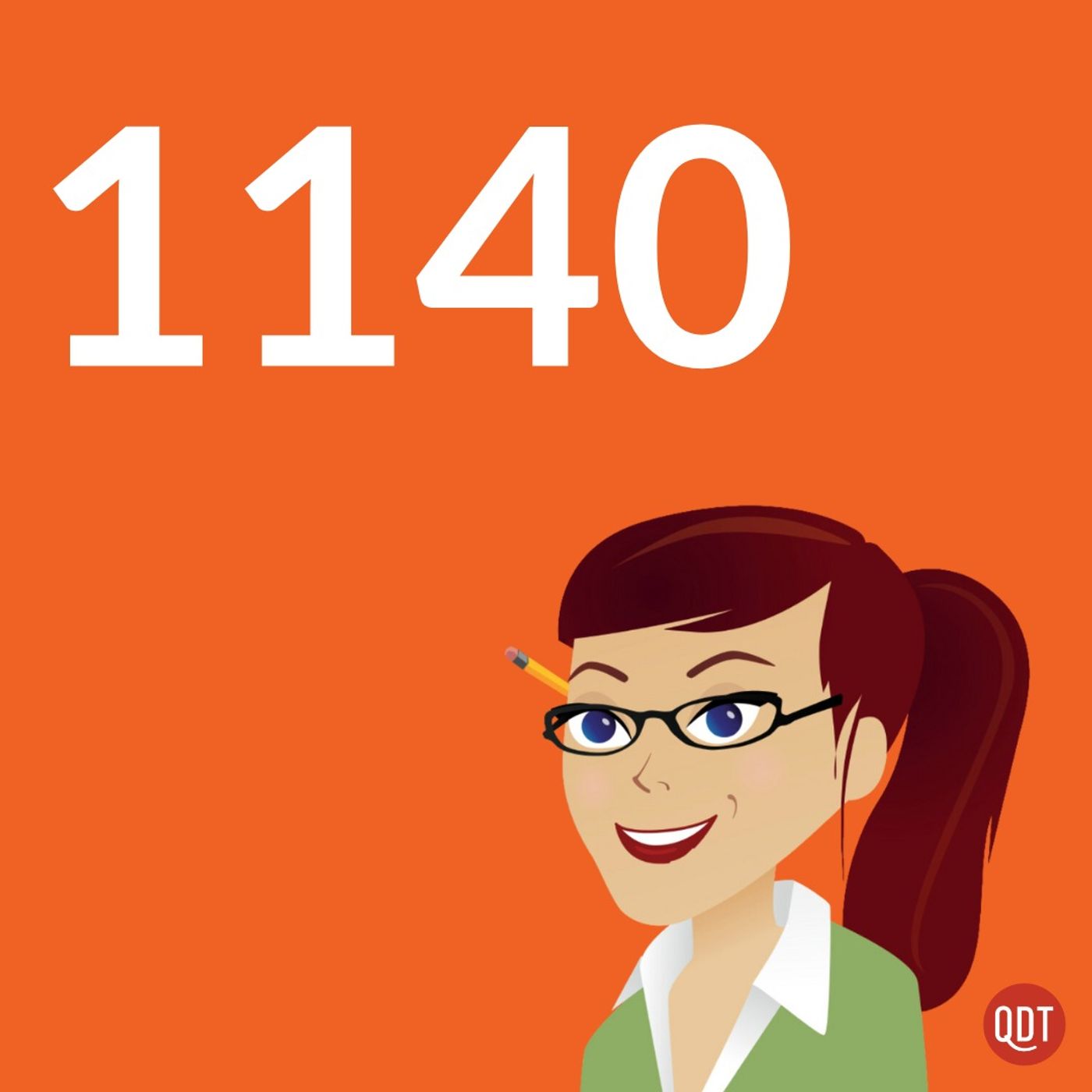
1140. This week, we look at the difference between the modern phrase "hamster wheel" and the older "rat race," and why the former gained popularity. We also look at the similar concept of the hedonic treadmill. Then, we look at the many names for Santa Claus, including the Dutch "Sinter Klaas" and the German "Christkindlein."
The Santa Claus segment originally appeared on The Conversation and was written by Valerie Fridland, a professor of linguistics at the University of Nevada in Reno and the author of "Like Literally, Dude: Arguing for the Good in Bad English." You can find...
An inspiring tutor, 'New York System' hot dogs, and 'queen spotting.'
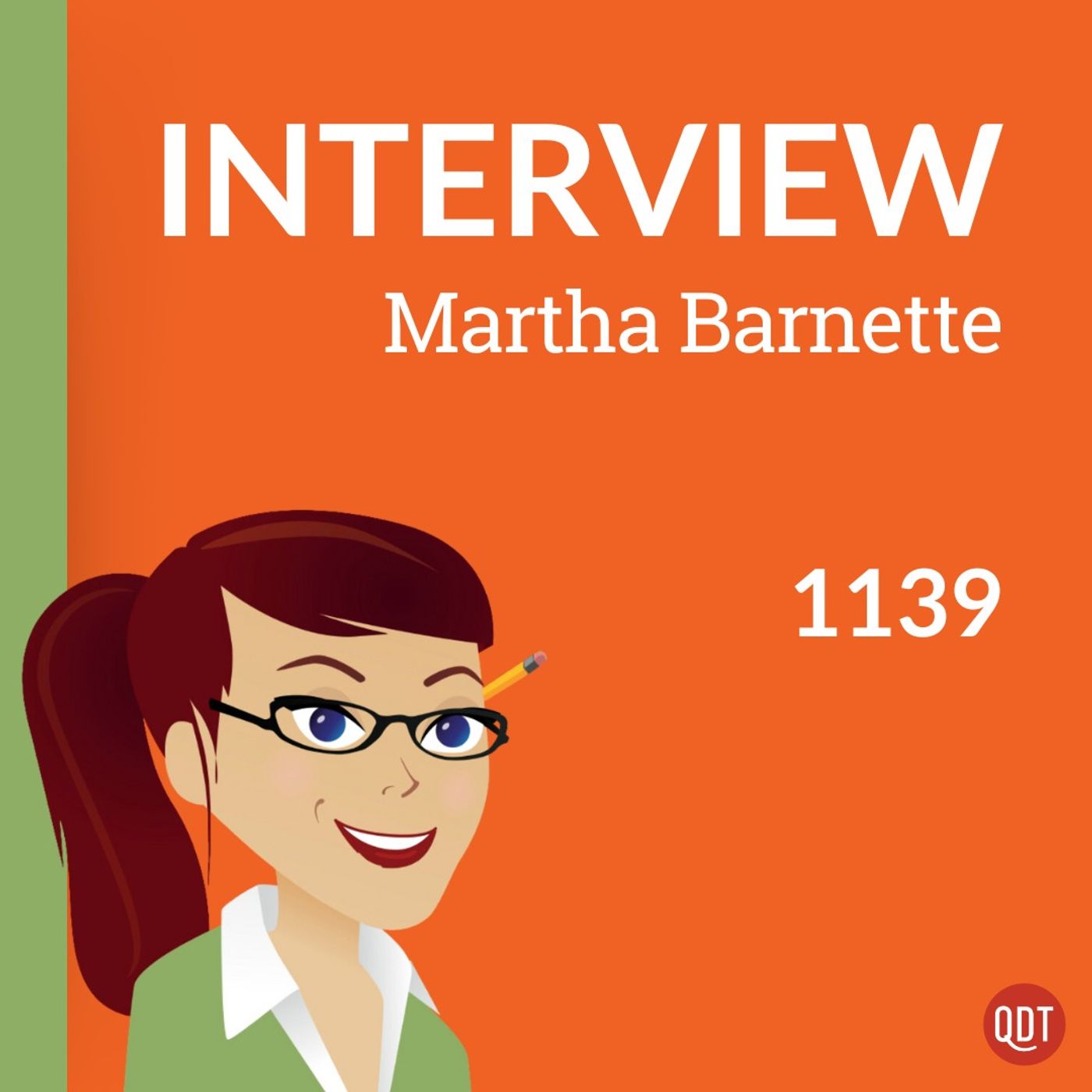
1139. In this bonus discussion with Martha Barnette back in March, we look at Martha's pivotal twelve-year journey with a polyglot tutor who transformed her understanding of ancient Greek, starting with the etymology of "Oedipus." We also look at her beekeeping adventures, including the unknown-to-me history of the term 'queen bee' and a unique book on spotting them.
Martha Barnette's website
Martha's book, “Friends with Words: Adventures in Languageland”
Martha's podcast, "A Way with Words"
🔗 Share your familect recording via Speakpipe or by calling 833-214-4475
🔗 Watch my LinkedIn Learning writing cours...
Why Brits eat biscuits and Americans eat cookies. Why brands keep nouning everything. Hamster alert.
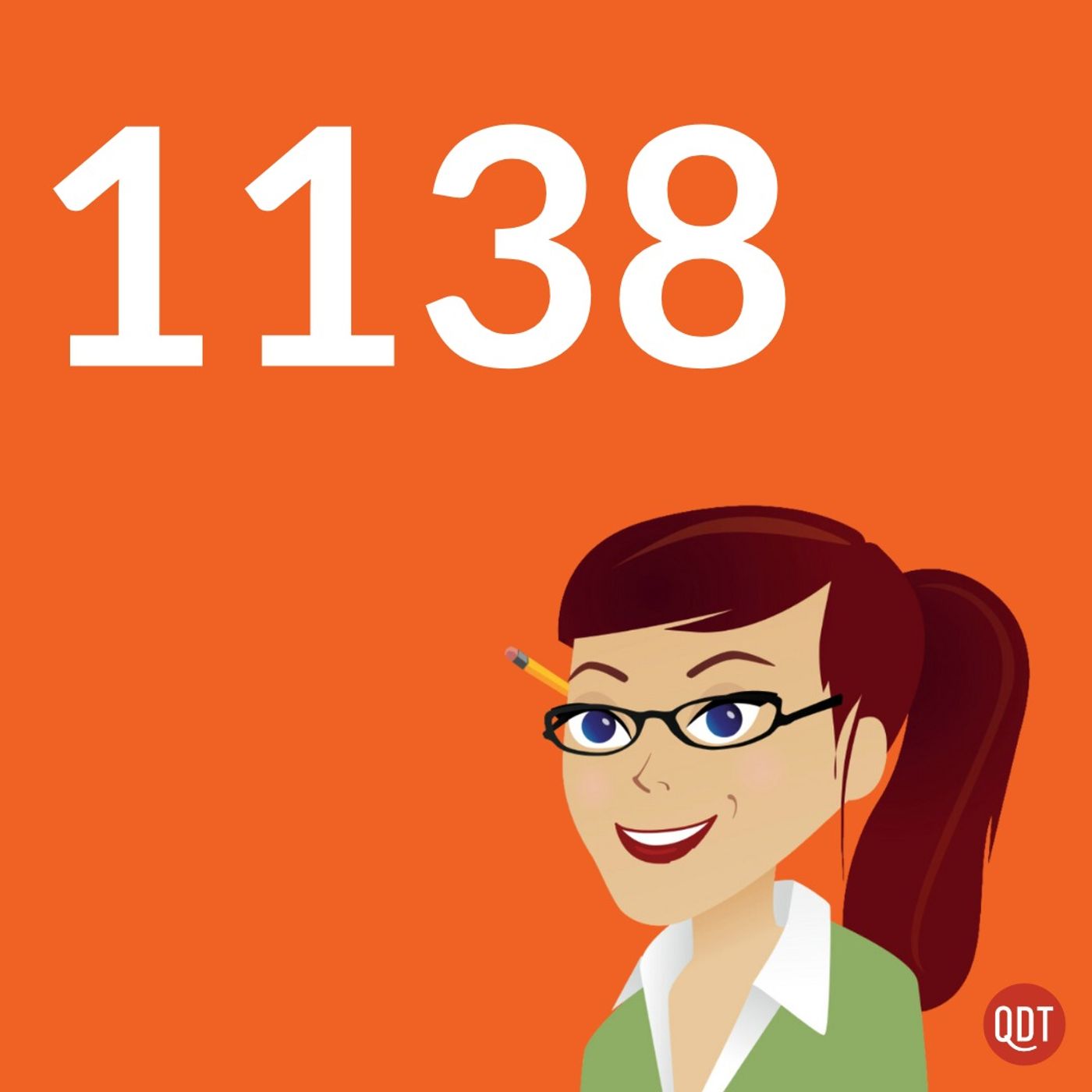
This week, in honor of National Cookie Day, we look at the vocabulary split between British and American English, including the differences between a cookie and a biscuit, and the two meanings of "pudding." Then, we look at anthimeria, the advertising trend of turning one part of speech into another, as in the slogan "Together makes progress."
The anthimeria segment was by Ben Yagoda,whose books include "Gobsmacked! The British Invasion of American English" and the novel "Alias O. Henry." His podcast is "The Lives They’re Living."
🔗 Share your familect recording in Speakpipe.
🔗 Wa...
Rob Drummond on languaging and our fluid speaking identities
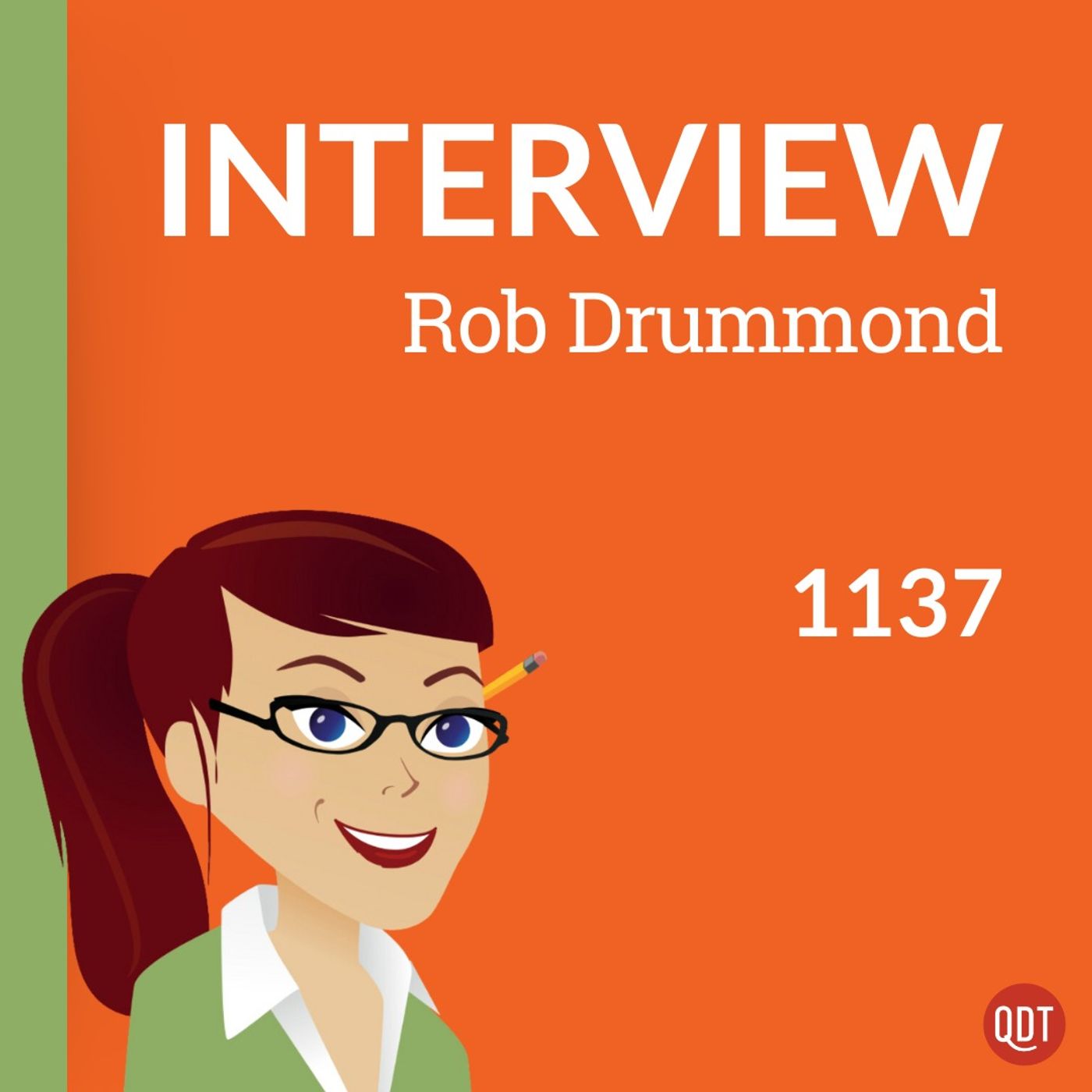
In this bonus conversation with Rob Drummond from back in June, he and I get into the fascinating concept of "languaging" — the idea that speaking is an active process we use to constantly shape and project our identities. Rob explains how our "speaking identities" are incredibly fluid, changing based on context, audience, and even the language we're using.
Rob Drummond - https://bsky.app/profile/robdrummond.bsky.social
Rob's book, "You're All Talk"
🔗 Share your familect recording via Speakpipe, by calling 833-214-4475 (or via WhatsApp chat.)
🔗 Watch my LinkedIn Learning writing cours...
The sinful fork (and other dinner-table surprises)
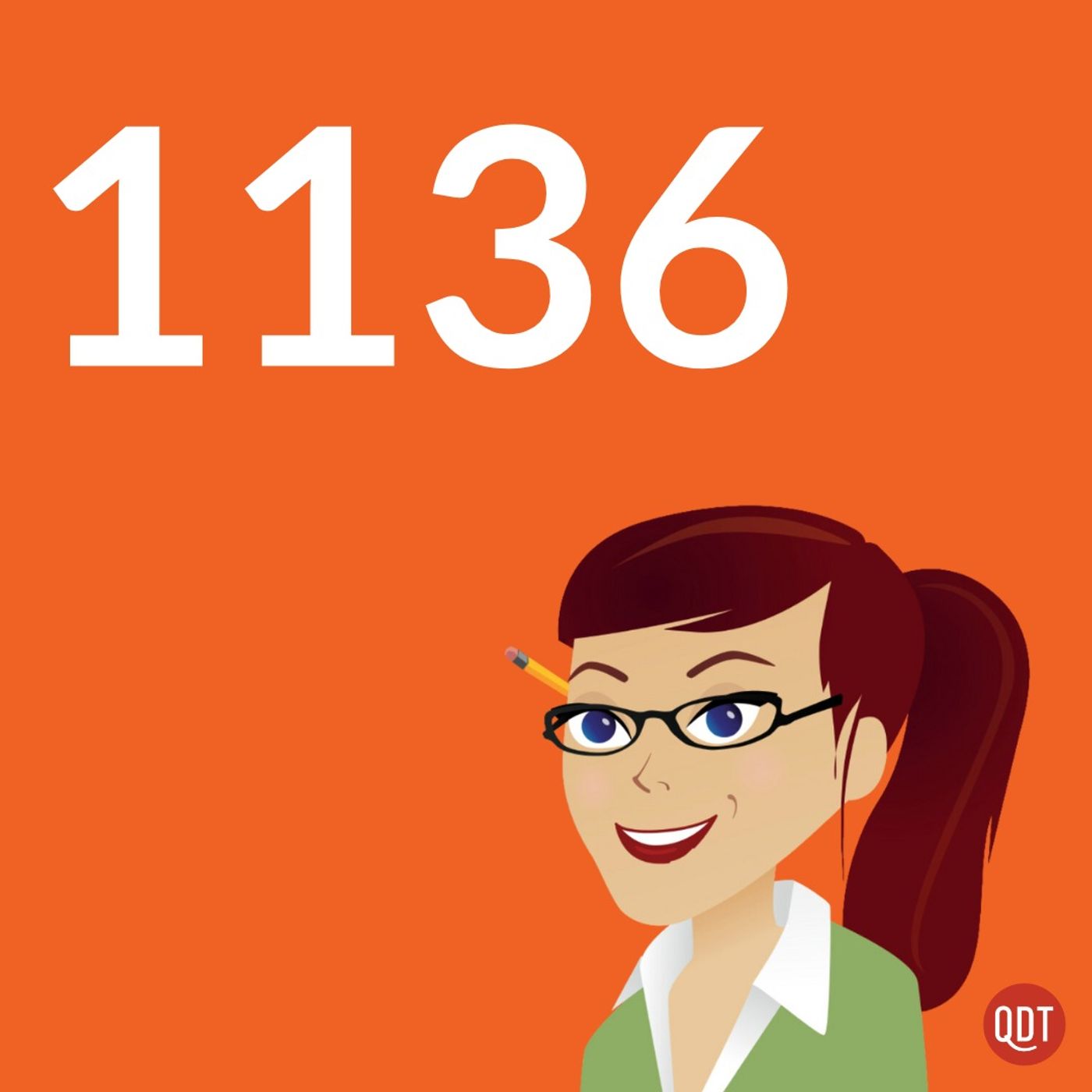
1136. This week, we go full Thanksgiving, talking about the origin of butter knives, forks, and more. You'll love all the tidbits you can share with your family or friends during dinner.
🔗 Share your familect recording via Speakpipe, by calling 833-214-4475 (or via WhatsApp chat.)
🔗 Watch my LinkedIn Learning writing courses.
🔗 Subscribe to the newsletter.
🔗 Take our advertising survey.
🔗 Get the edited transcript.
🔗 Get Grammar Girl books.
🔗 Join Grammarpalooza. Get ad-free and bonus episodes at Apple Podcasts or Subtext. Learn more about the difference.
| HOST: Mignon Fogarty
| VOICEMAIL...
Why print dictionaries still matter, with Peter Sokolowski
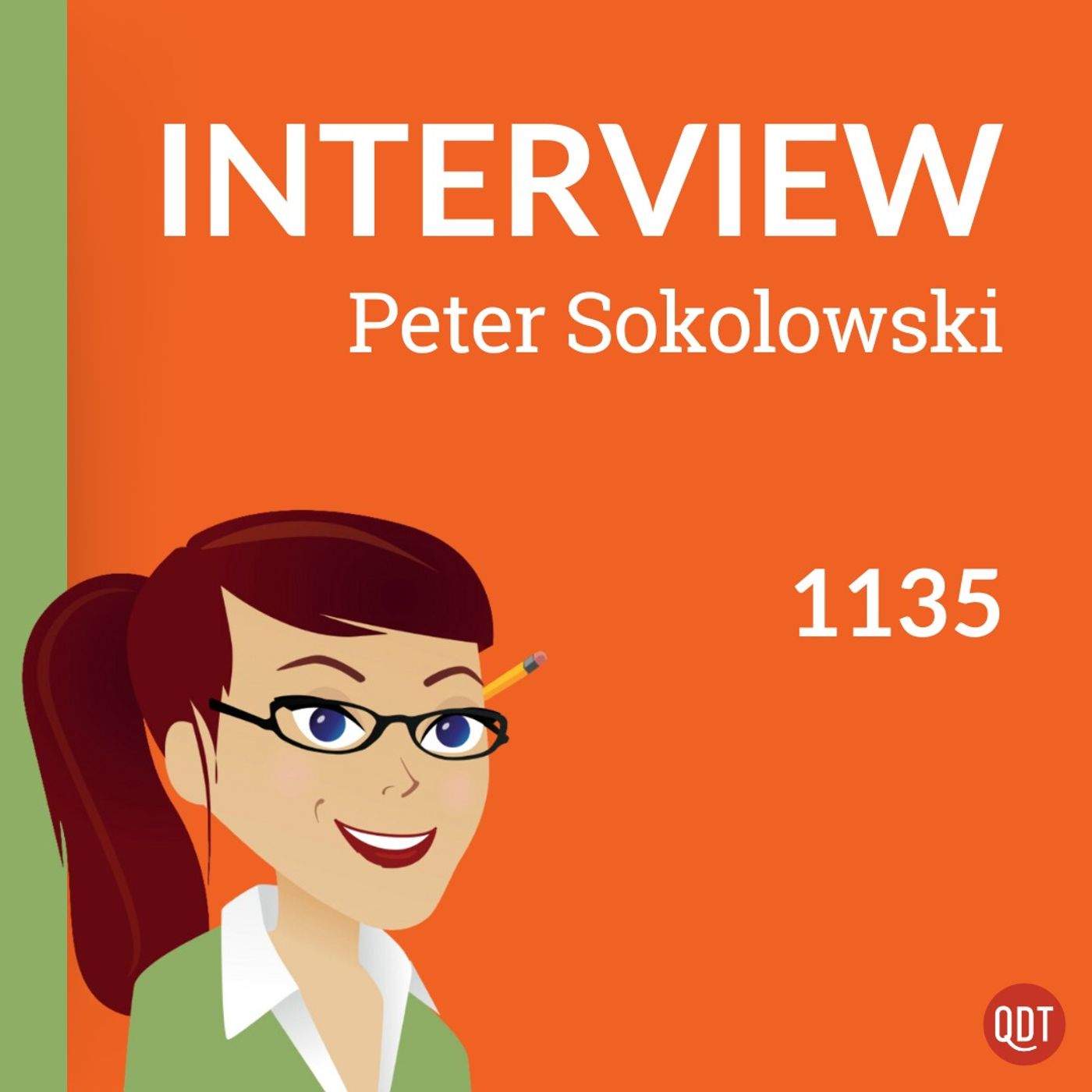
1135. This week, we talk with Peter Sokolowski, editor at large at Merriam-Webster, about the new print 12th Collegiate Dictionary. We look at why print still matters, how the dictionary used lookup data to decide which words to drop (least looked-up compounds), and the importance of serendipity when researching words in a physical book.
Find Peter on BlueSky.
🔗 Share your familect recording in a WhatsApp chat or at 833-214-4475.
🔗 Watch my LinkedIn Learning writing courses.
🔗 Subscribe to the newsletter.
🔗 Take our advertising survey.
🔗 Get the edited transcript.
🔗 Get Grammar Girl bo...
Personification in language and AI. Dictums, maxims, and proverbs. Expensitive.
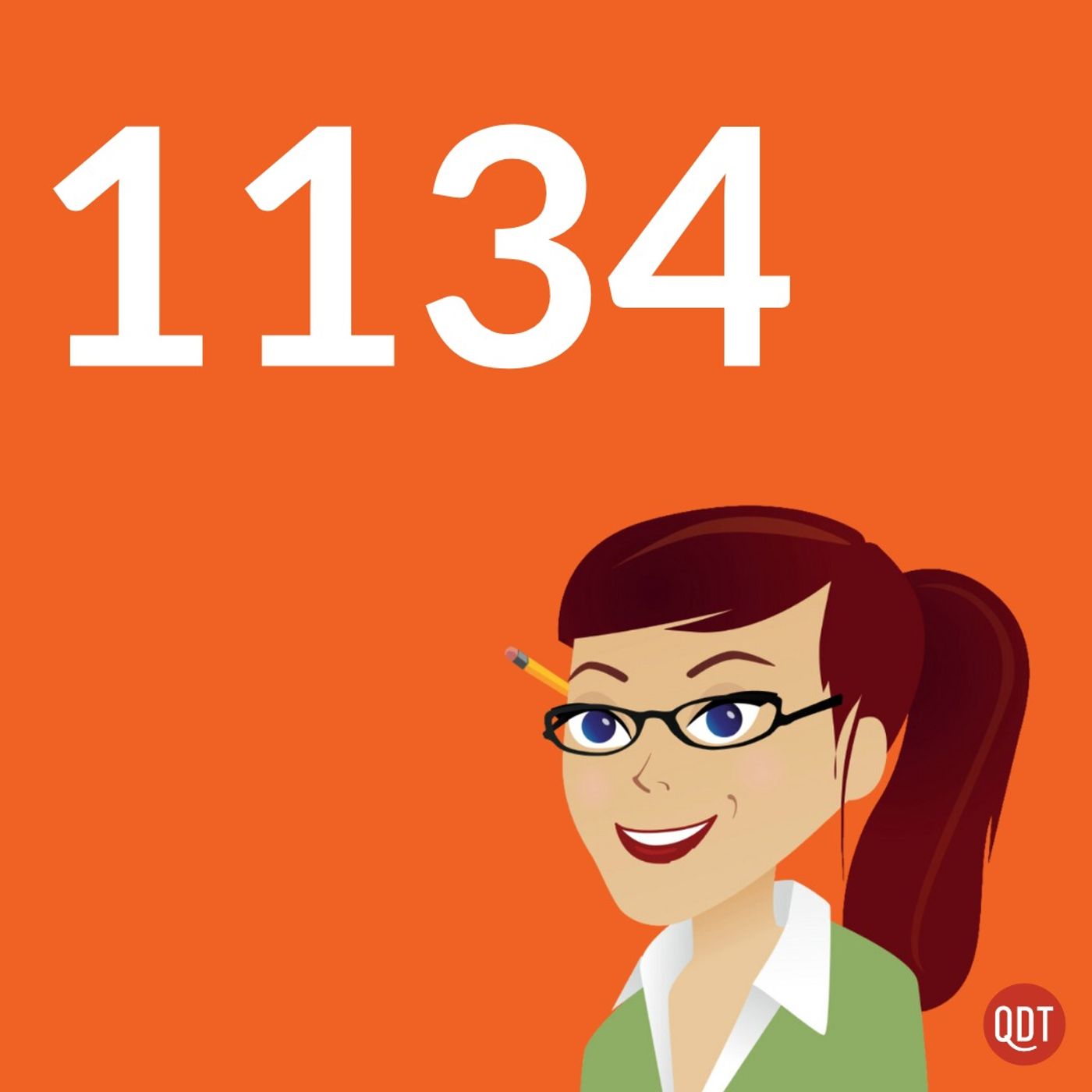
1134. This week, we look at the poetic power of personification (the language quirk that gives human traits to nonhuman things) and why style guides advise against using it for AI. Then, we look at the different names for common sayings, defining a proverb and breaking down the four main types: maxim, adage, dictum, and truism.
The personification segment was written by Karen Lunde, a longtime writer and editor turned web designer and marketing mentor. Solo service business owners come to her for websites where beautiful design meets authentic words that actually build connections. Find her at chanterellemarketingstudio...
The secret rules of crossword puzzles, with Natan Last
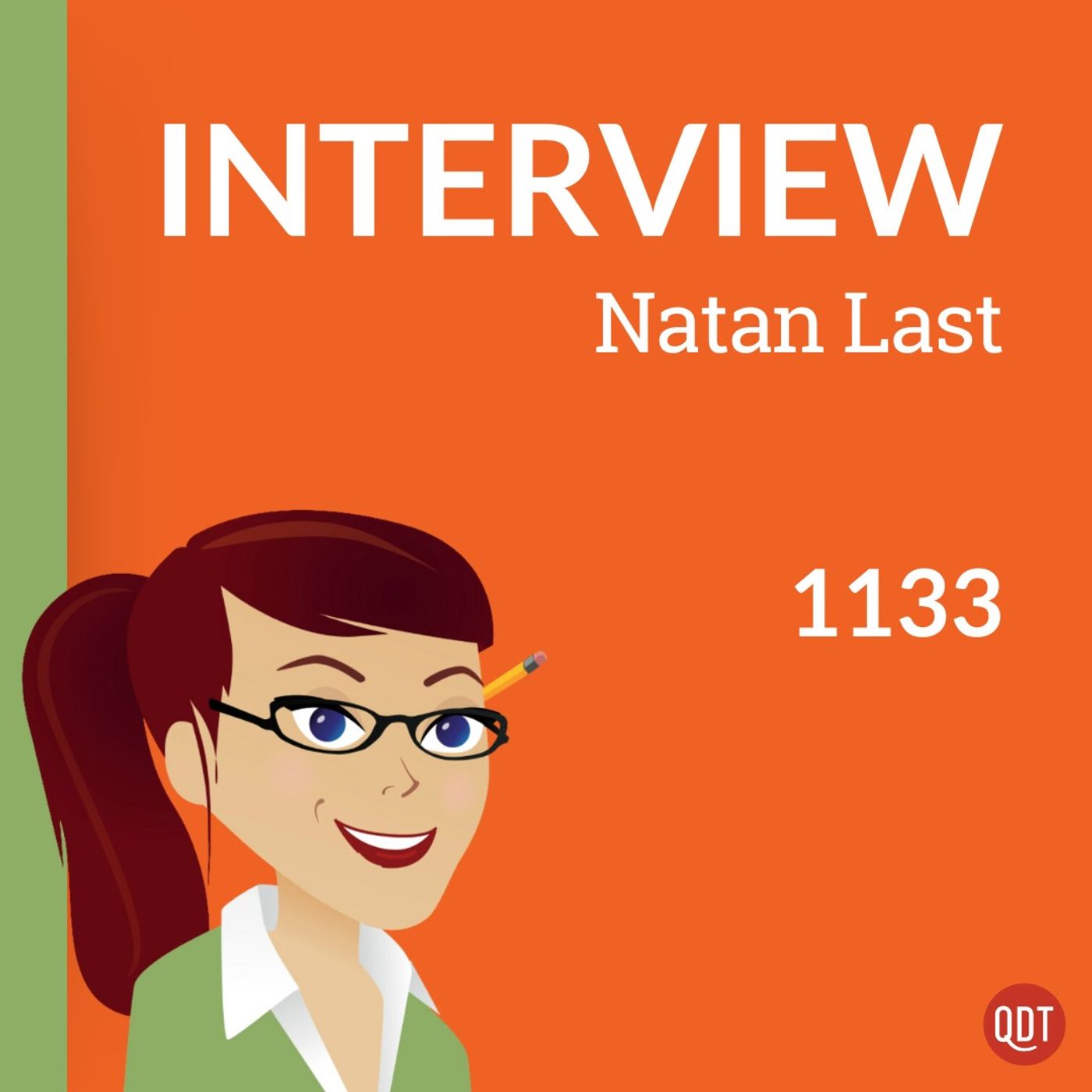
1133. This week, crossword pro Natan Last talks about his book "Across the Universe." We look at the technical and cultural differences between American and British puzzle styles and the secrets that will surprise you about how clues are written and edited. We also look at "crosswordese," the long submission process for the “New York Times,” and the AI that won a human crossword tournament.
Find Natan Last at Natanlast.com.
Get the book, "Across the Universe."
🔗 Share your familect recording in a WhatsApp chat or at 833-214-4475.
🔗 Watch my LinkedIn Learning writi...
How '23 skidoo' & 'at sixes and sevens' are related to '6-7.'
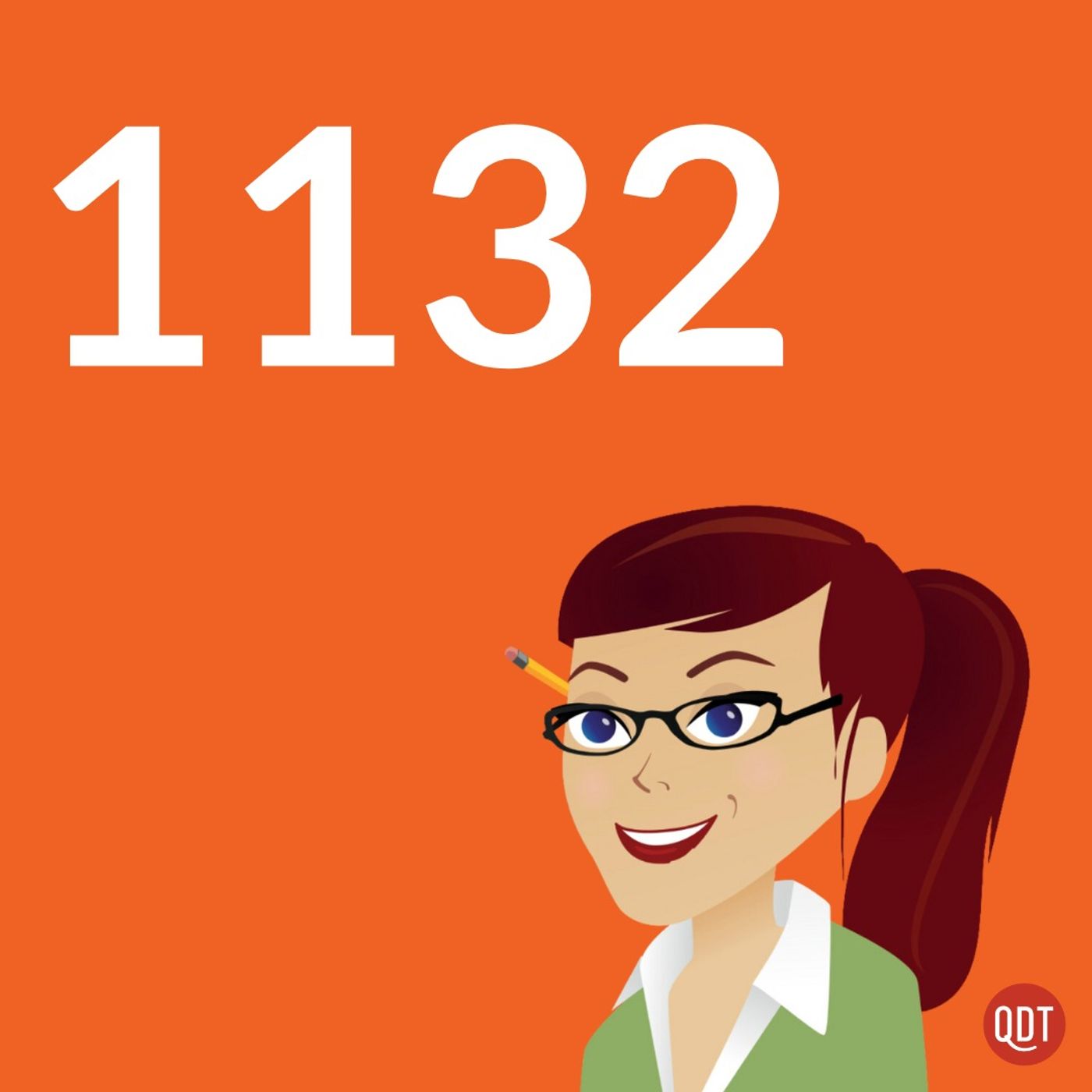
1132. This week, in honor of Dictionary.com choosing "6-7" as its Word of the Year, we look at the origin of other number phrases: "23 skidoo" and "at sixes and sevens."
🔗 Share your familect recording in a WhatsApp chat.
🔗 Watch my LinkedIn Learning writing courses.
🔗 Subscribe to the newsletter.
🔗 Take our advertising survey.
🔗 Get the edited transcript.
🔗 Get Grammar Girl books.
🔗 Join Grammarpalooza. Get ad-free and bonus episodes at Apple Podcasts or Subtext. Learn more about the difference.
| HOST: Mignon Fogarty
| VOICEMAIL: 833-214-GIRL (833-214-4475).
| Grammar...
What a ‘Science' magazine experiment says about the future of AI in journalism, with Abigail Eisenstadt
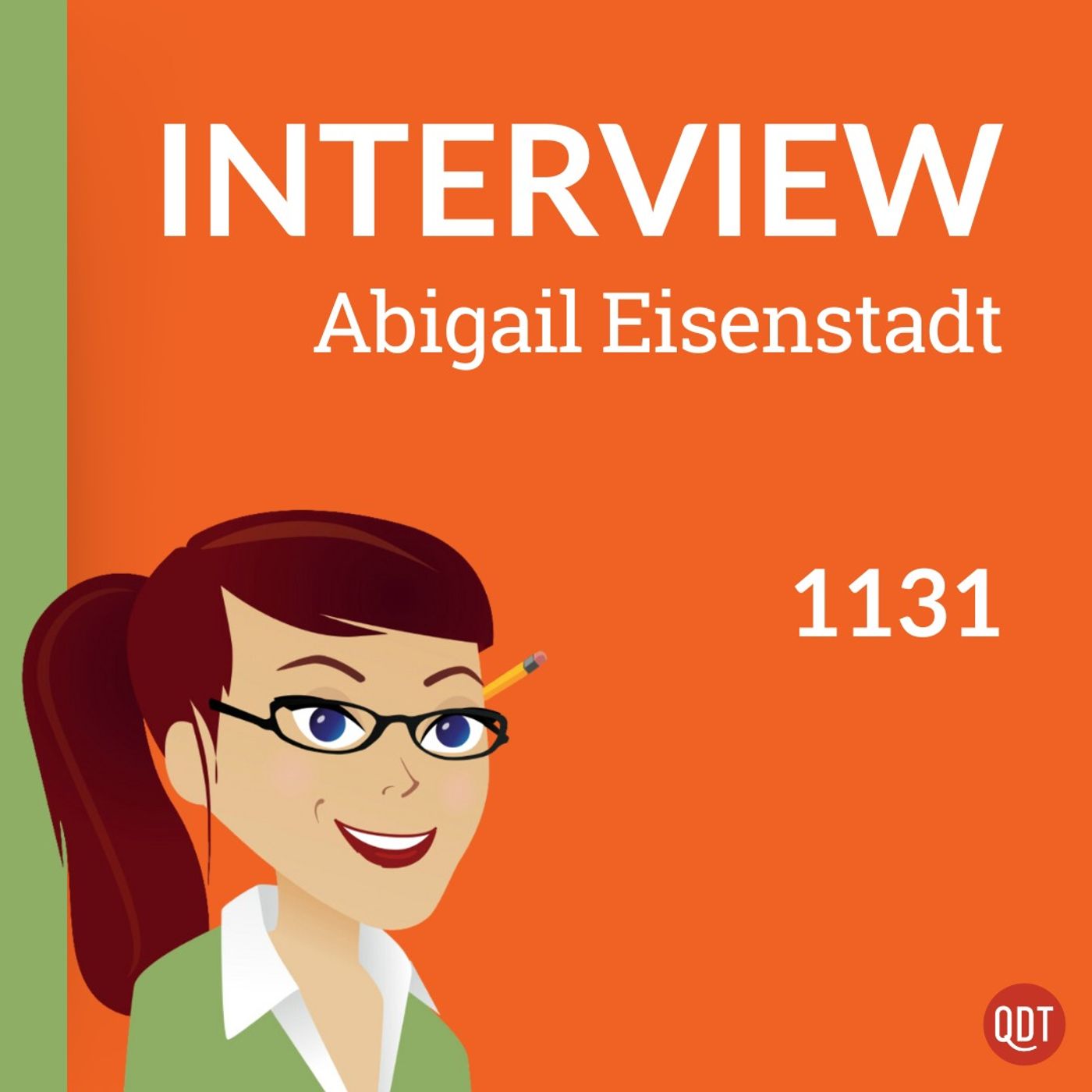
1131. This week, we talk with ‘Science' magazine senior writer Abigail Eisenstadt about her team's year-long experiment testing ChatGPT's ability to summarize research papers. We look at their methodology, the limitations they realized, and their main finding: that AI could “transcribe” scientific studies but failed to “translate” them with context.
Read the report: https://www.science.org/do/10.5555/page.2385668/full/chatgpt_project_report_final.pdf
🔗 Share your familect recording in a WhatsApp chat or at 833-214-4475.
🔗 Watch my LinkedIn Learning writing courses.
🔗 Subscribe to the newsletter.
🔗 Take our advertising survey.
🔗 Get the edited...
What Roman togas have to do with today's elections. 'Home in' versus 'hone in.'
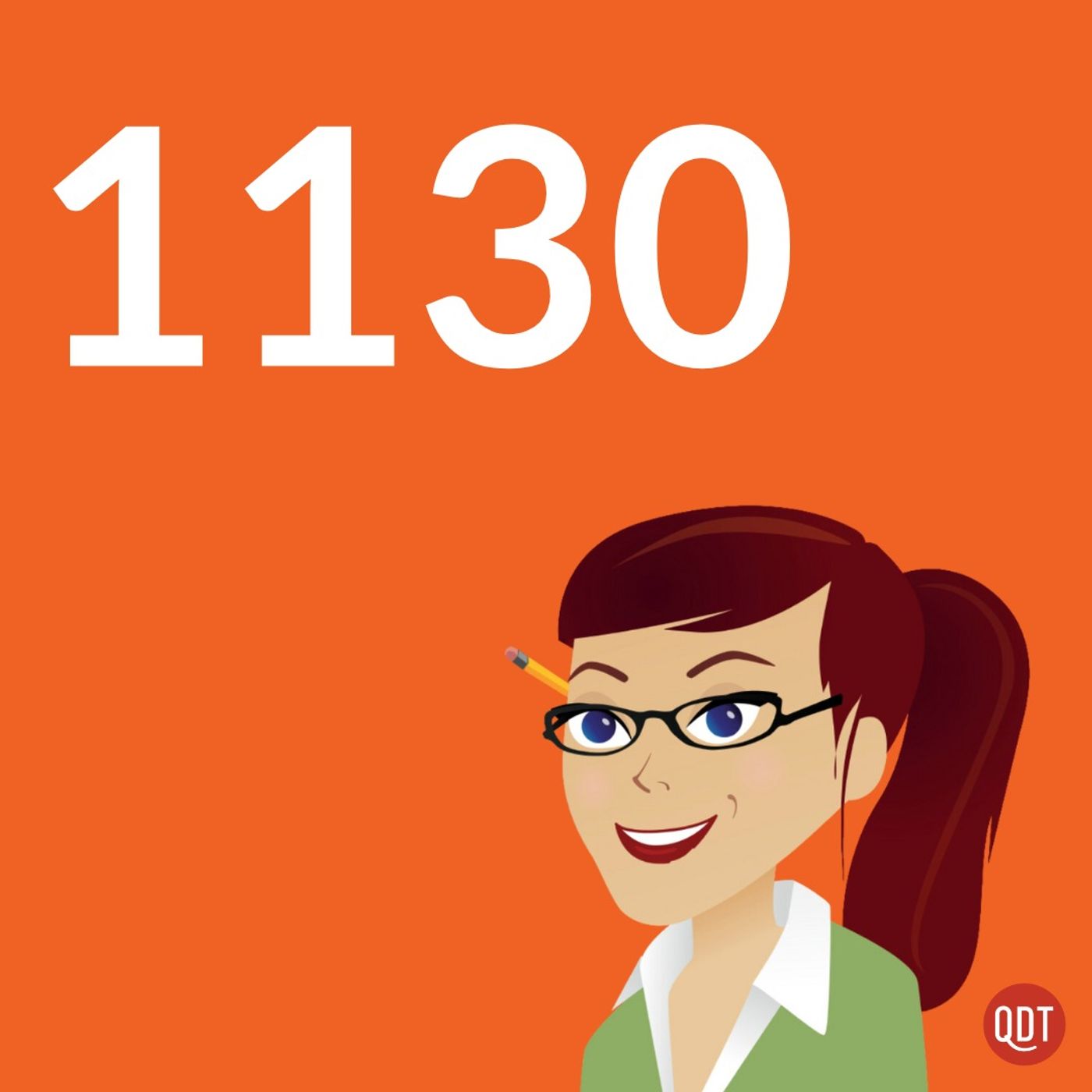
1130. This week, we look at words related to elections, and then I help you remember the difference between "home in" and "hone in" with a tip that includes a shocking historical tidbit about spiders.
🔗 Share your familect recording in a WhatsApp chat.
🔗 Watch my LinkedIn Learning writing courses.
🔗 Subscribe to the newsletter.
🔗 Take our advertising survey.
🔗 Get the edited transcript.
🔗 Get Grammar Girl books.
🔗 Join Grammarpalooza. Get ad-free and bonus episodes at Apple Podcasts or Subtext. Learn more about the difference.
| HOST: Mignon Fogarty
| VOICEMAIL: 833-214-GIRL (8...
Finding the true history of words, with Ben Zimmer

1129. This week, we talk with Ben Zimmer about the linguistic detective work of antedating words — finding earlier usages than those published in dictionaries. We look at the surprising origins of "Ms.," "scallywag," and the baseball history of "jazz."
Find Ben on his website: Benzimmer.com
Vietnam Graffiti Project at Texas Tech's Vietnam Center: https://www.vietnam.ttu.edu/graffiti/
The interface for searching the text on the canvas bunk bottoms: https://vva.vietnam.ttu.edu/#graffitiSearch
Ben's post that includes the Daily Orange article where Helen Herman’s claims she coined "supe...
‘Ghost words’ and their history. Rules for ‘between’ and ‘among.’ Wilsoning.
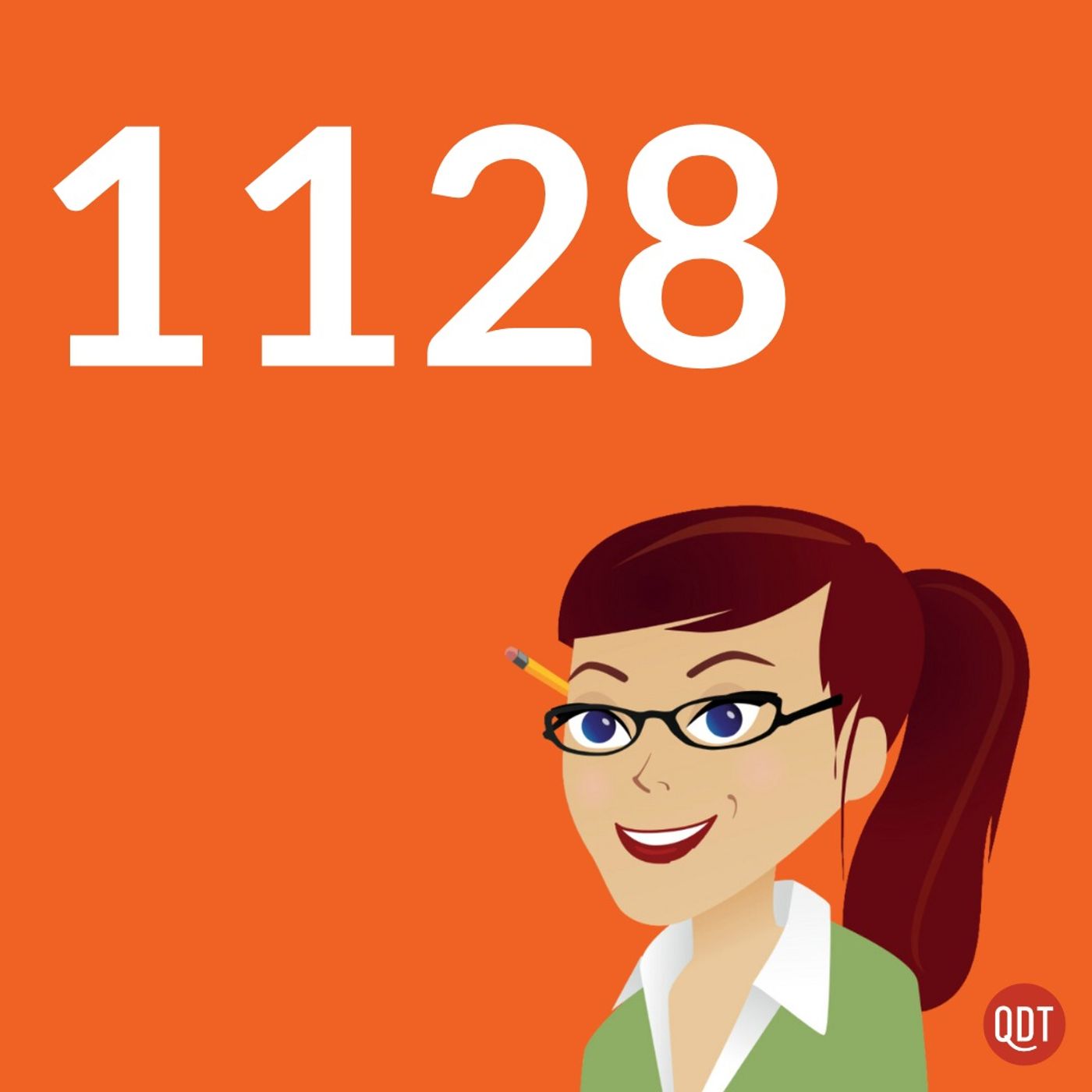
1128. This week, in honor of Halloween, we look at “ghost words” and phrases, from “ghost runners” in baseball to “ghost forests” made by earthquakes. We also look at the difference between “between” and “among” for collective groups.
Episodes mentioned in this episode:
734 - Ghost Words
1056 - How to be a ghostwriter, with Dan Gerstein
🔗 Share your familect recording in a WhatsApp chat.
🔗 Watch my LinkedIn Learning writing courses.
🔗 Subscribe to the newsletter.
🔗 Take our advertising survey.
🔗 Get the edited transcript.
🔗 Get Grammar Girl books.
🔗 Join Grammarpalooza. Ge...
How to be a ‘feisty freelancer,’ with Suzanne Bowness
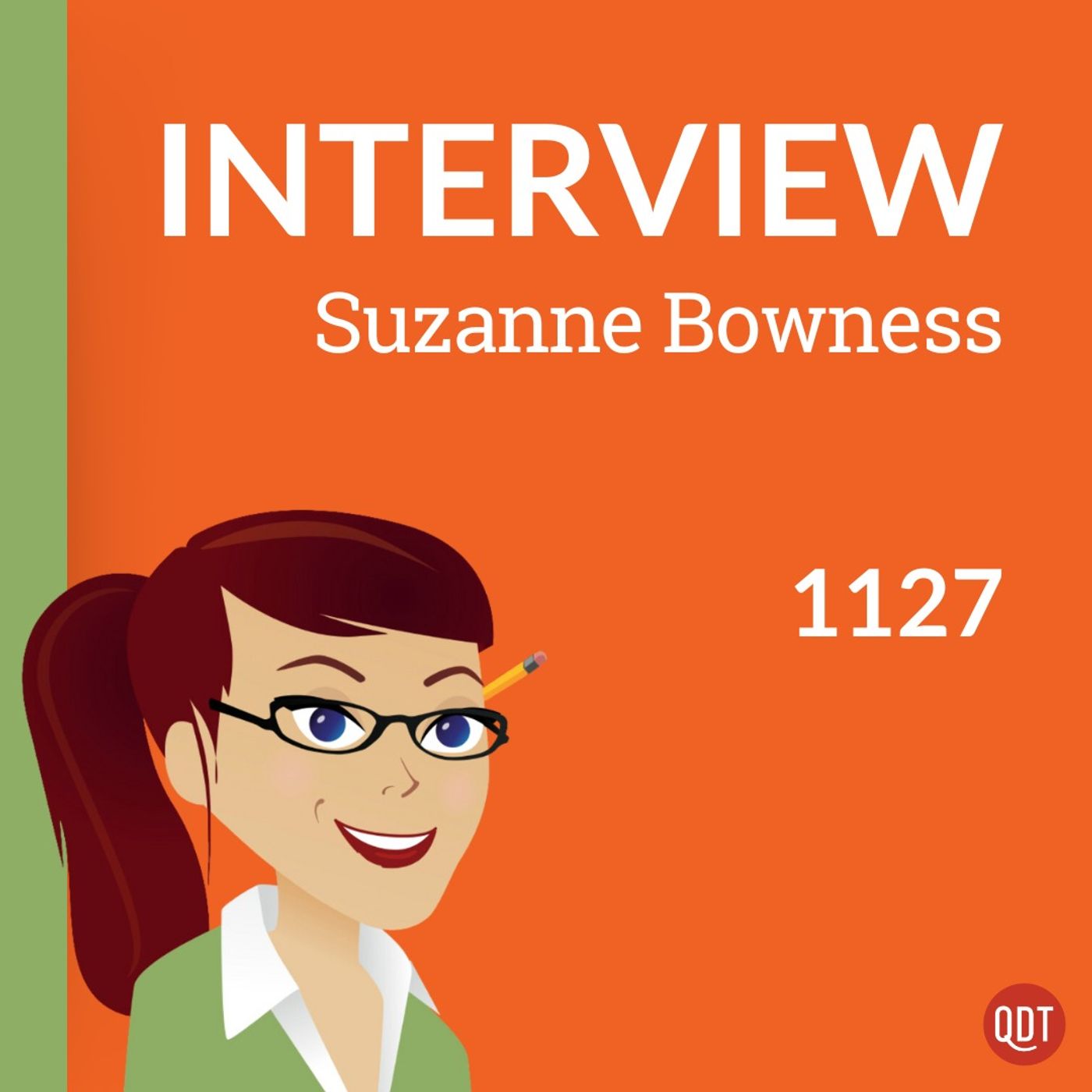
1127. This week, we talk with Suzanne Bowness about creating a successful life as a writer. We look at high-value industries that are good targets for freelance work and the best job titles to pitch. Suzanne provides practical advice on tracking projects and follow-ups and explains why established freelancers should use their downtime to experiment and learn new tools.
Find Suzanne on her website, Codeword Communications.
Get the book, "Feisty Freelancer."
🔗 Share your familect recording in a WhatsApp chat.
🔗 Watch my LinkedIn Learning writing courses.
🔗 Subscribe to the newsletter.
🔗 Take our ad...
Shakespeare's ‘wherefore’ and other false friends. The language of fear. A Tom.
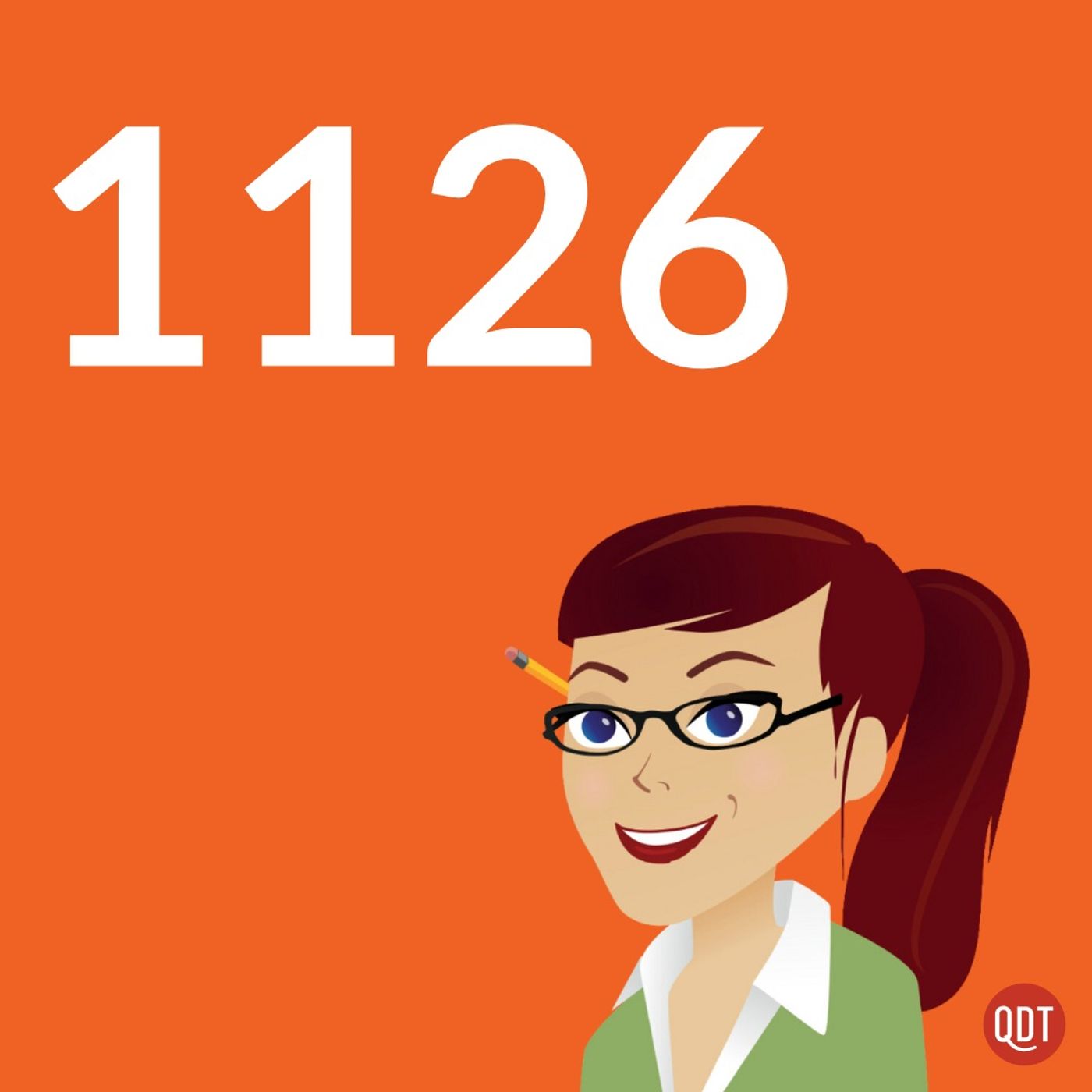
1126. This week, we look at words for fear and why "wherefore" doesn't mean what many people think it means.
The false friends segment was written by Karen Lunde, a career writer and editor. These days, she designs websites for solo business owners who care about both words and visuals. Find her at chanterellemarketingstudio.com.
🔗 Share your familect recording in a WhatsApp chat.
🔗 Watch my LinkedIn Learning writing courses.
🔗 Subscribe to the newsletter.
🔗 Take our advertising survey.
🔗 Get the edited transcript.
🔗 Get Grammar Girl books.
🔗 Join Grammarpalooza. Get ad...
Why Q needs U and how hieroglyphics created our alphabet, with Danny Bate
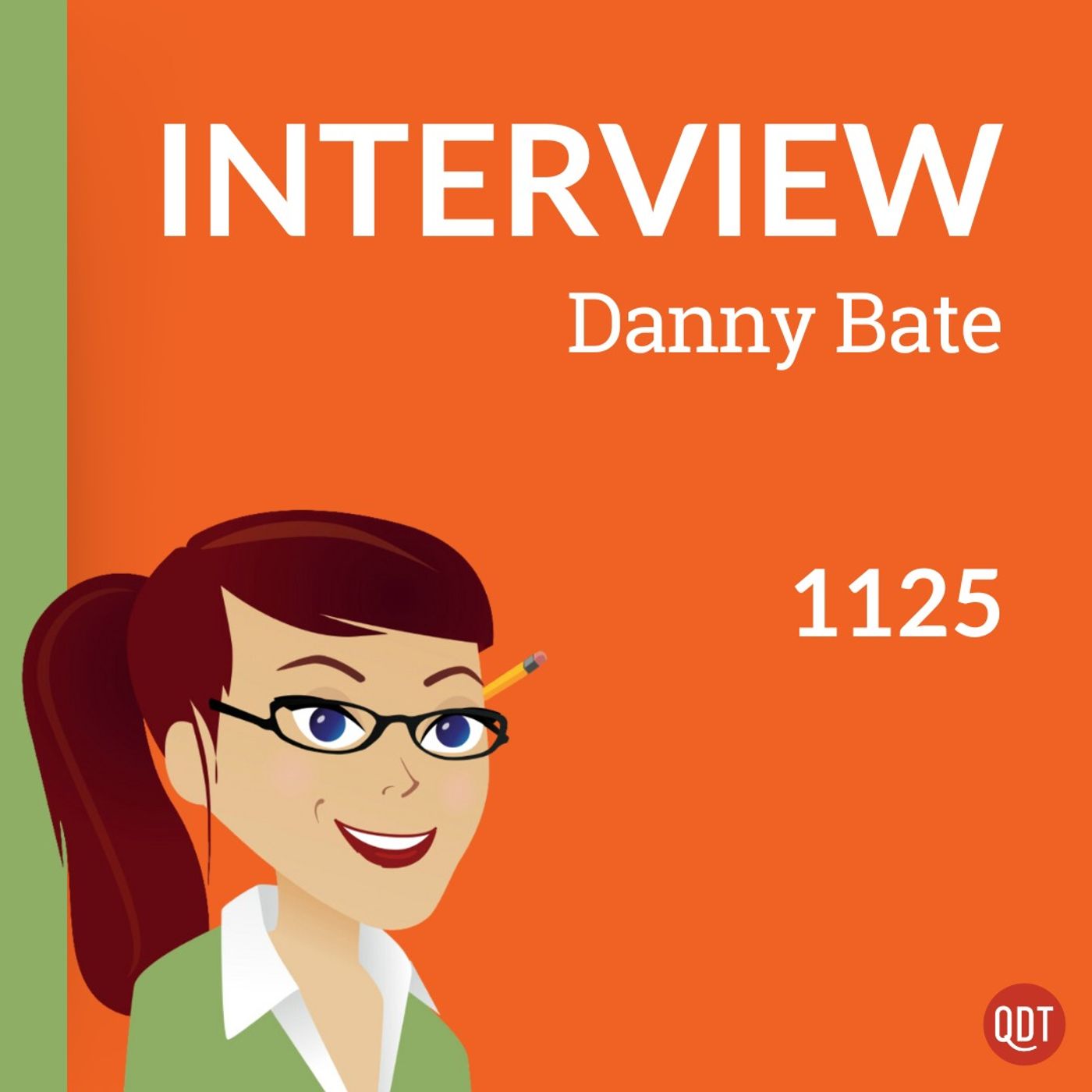
1125. This week, we talk with linguist and author Danny Bate about his book, "Why Q Needs U." We look at the ancient origins of our alphabet, tracing its conceptual leap from Egyptian hieroglyphs to symbols that represent sounds. Danny explains the "acrophonic principle" (one sound from a picture) and why the letter A was originally a consonant, not a vowel.
Find Danny Bate on his website, Bluesky or on X.
Get the book, "Why Q Needs U."
Listen to Danny's podcast, "A Language I Love Is..."
🔗 Share your familect recording in a What...
The political, royal and obscene meanings of blue. The differences in ‘plumb’ and plum.’
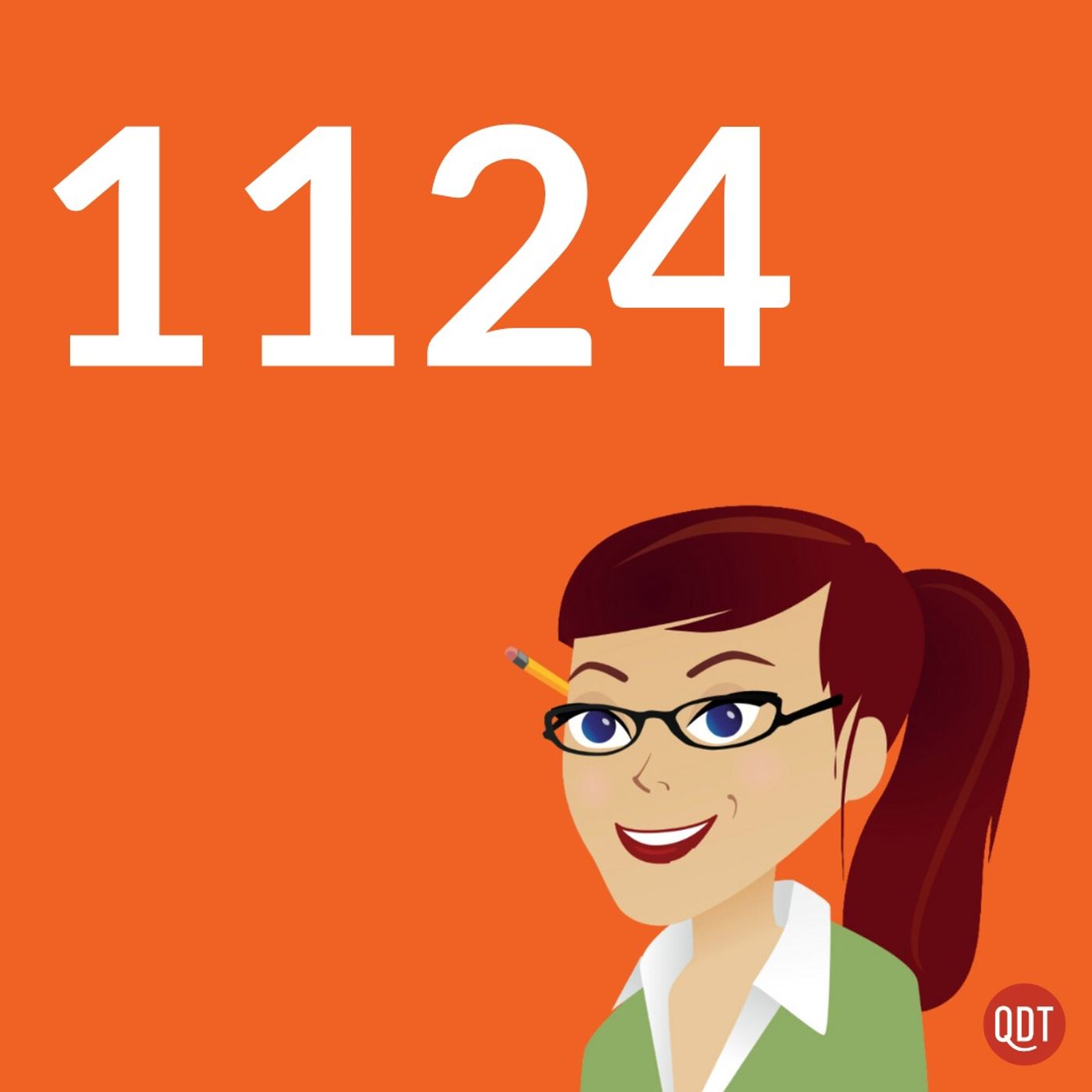
1124. This week, we look at blue idioms, including the political history of "blue states," the medical reason for being "blue in the face," and the astronomical reason for a "blue moon." Then, we look at the difference between 'plumb' (with a B), and 'plum' (without a B).
🔗 Share your familect recording in a WhatsApp chat.
🔗 Watch my LinkedIn Learning writing courses.
🔗 Subscribe to the newsletter.
🔗 Take our advertising survey.
🔗 Get the edited transcript.
🔗 Get Grammar Girl books.
🔗 Join Grammarpalooza. Get ad-free and bonus episodes at Apple Podcasts or Subtext. Learn more...
The fight for the modern dictionary, with Stefan Fatsis
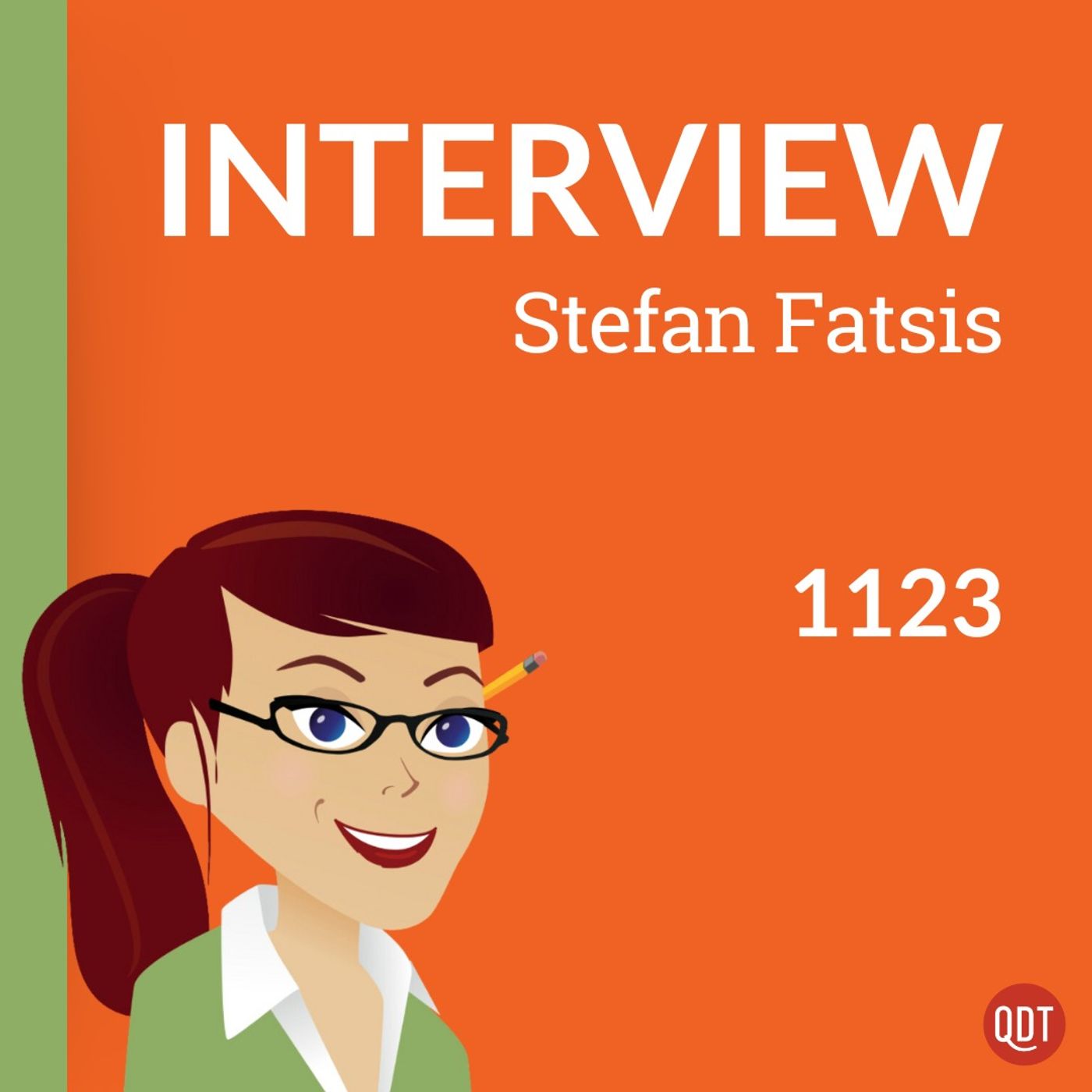
1123. This week, we talk with author and self-described “word freak” Stefan Fatsis about his book "Unabridged." He shares his experience embedding at Merriam-Webster to become a lexicographer, sharing the contrast between the company's 1940s headquarters and the modern digital business. We look at the tension between updating old words (like the surprising original meaning of "pompom girl") and the need to add new, "sexy" words to generate web traffic.
Find Stefan Fatsis on his website, Bluesky or Facebook.
Get the book, Unabridged.
🔗 Share your familect recording in a WhatsApp chat.
🔗 Watch my LinkedIn Le...
‘Math’ versus ‘maths’ and other British differences. ‘Spendthrift’ means what?
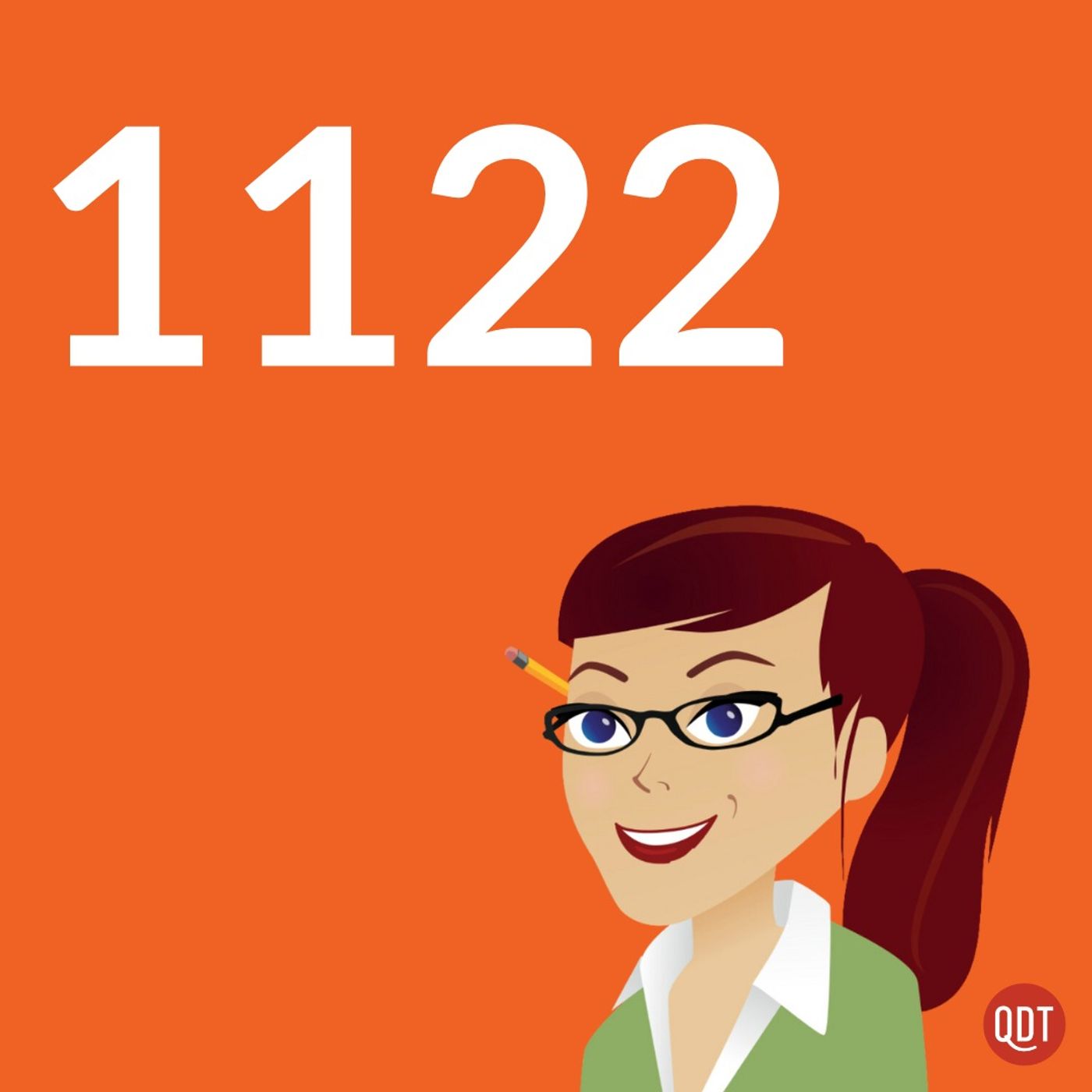
1122. This week, we look at two subtle but persistent differences between American and British English: why Americans say "math" and Brits say "maths," and why Americans are "in the hospital" while Brits are "in hospital." Then, we look at the historical meaning of the word "spendthrift" and introduce some wonderfully obsolete insults like "dingthrift" and "scrapethrift."
The "maths" segment was written by Samantha Enslen, who runs Dragonfly Editorial. You can find her at dragonflyeditorial.com.
The "spendthrift" segment was written by Karen Lunde, a career writer and editor. These days, she designs websites for solo...
